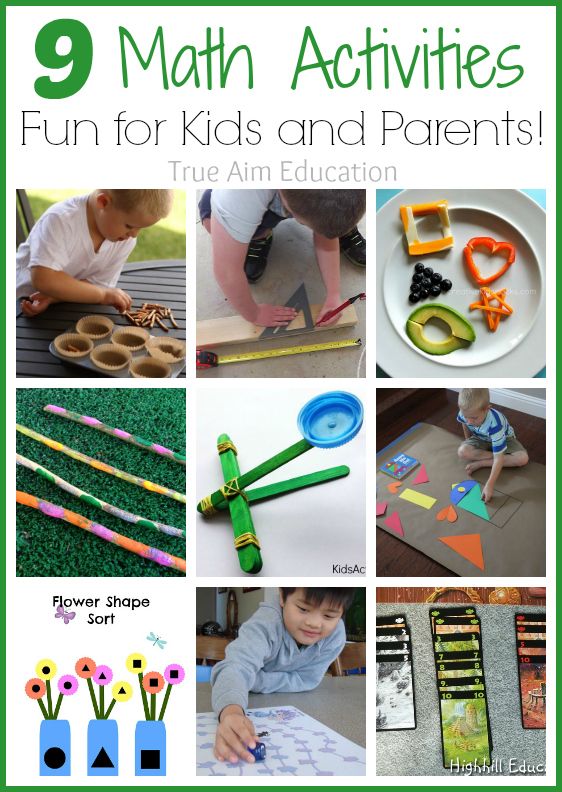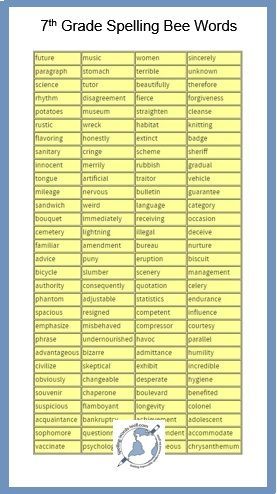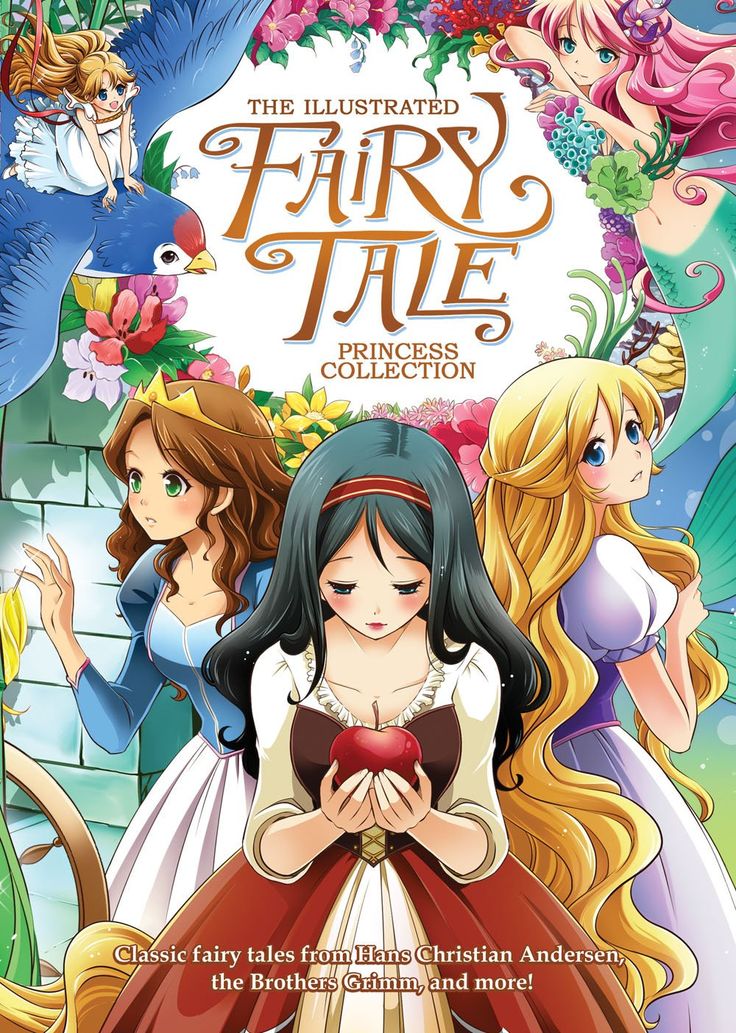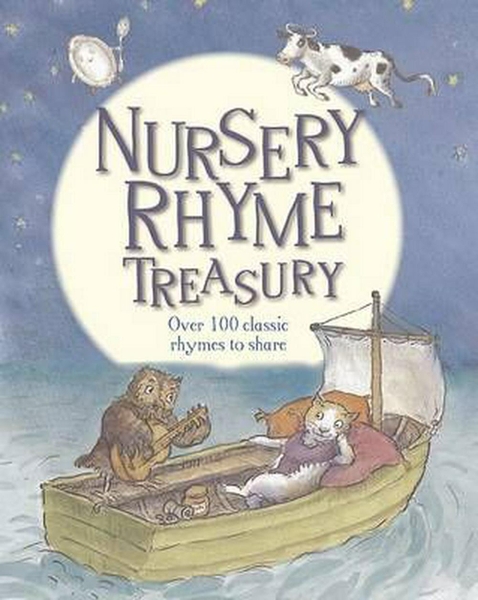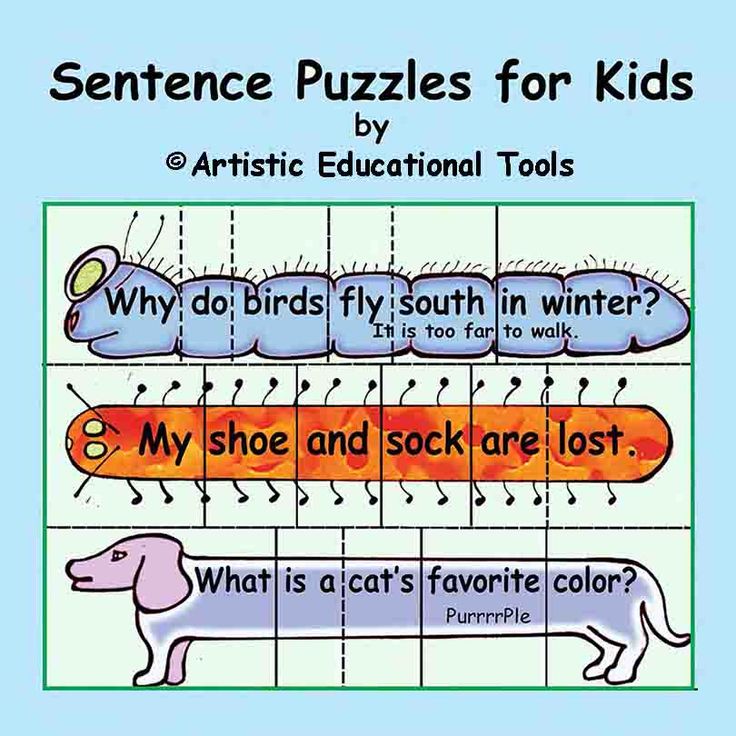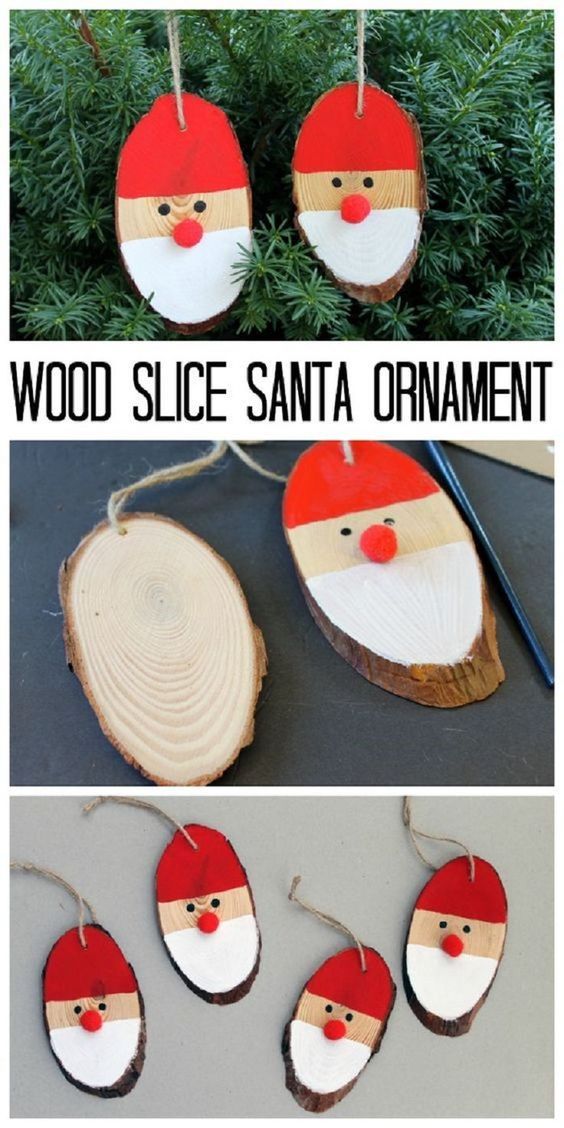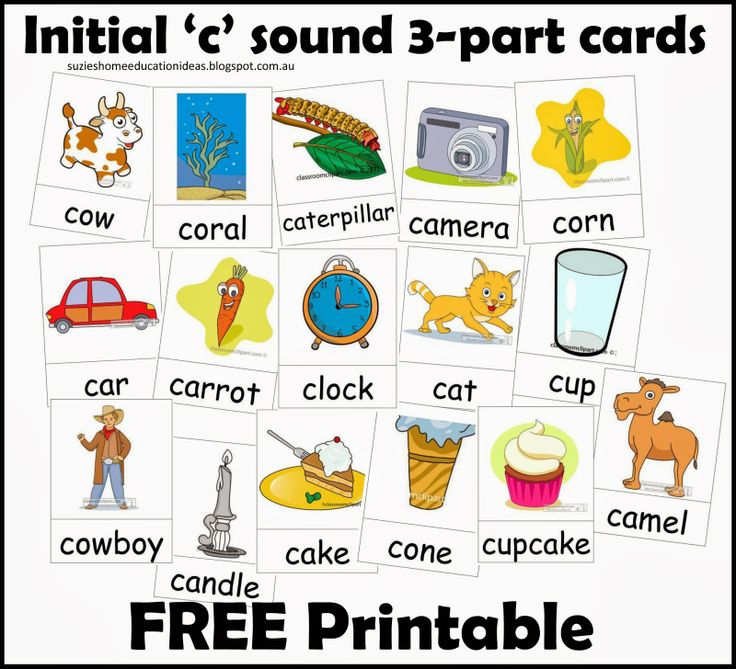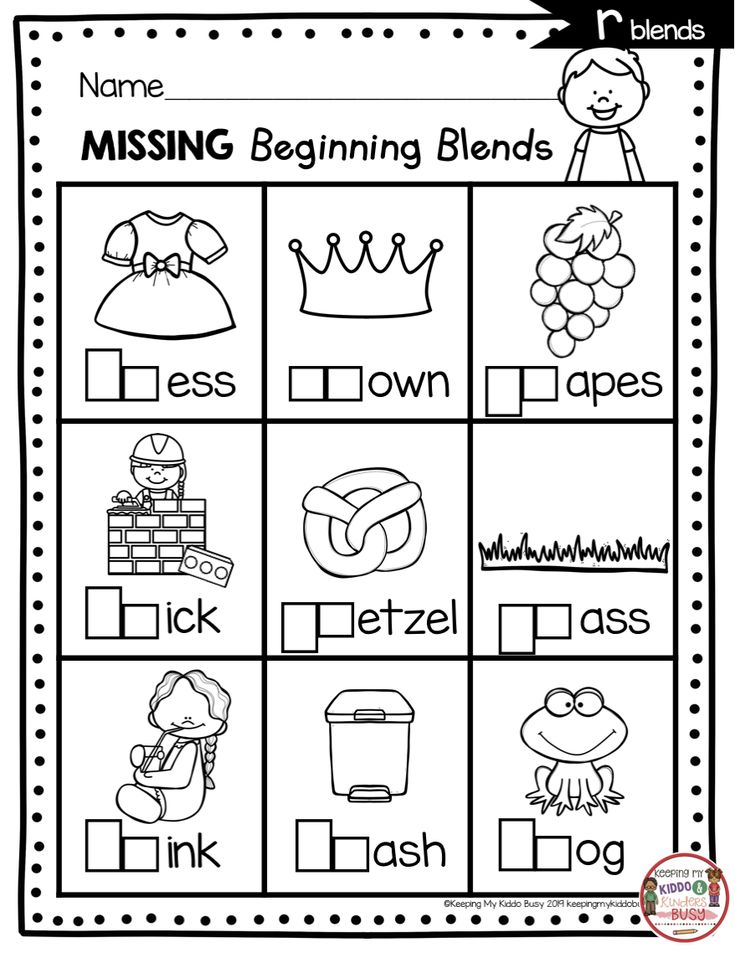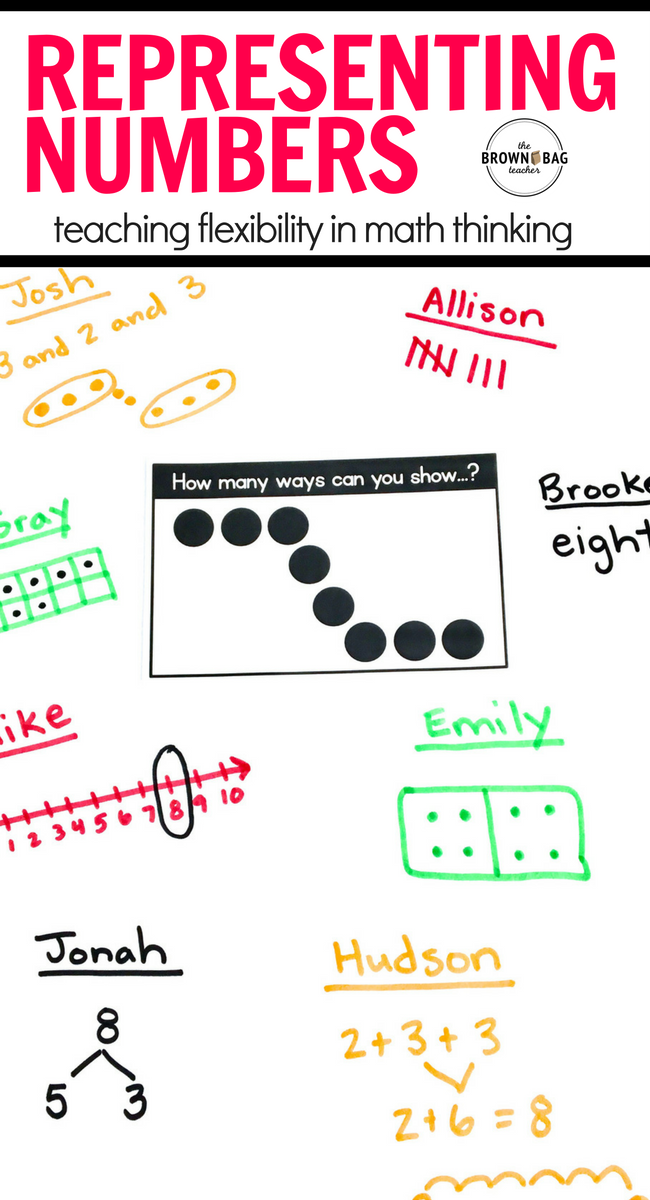Fun with learning activities
20 Best Learning Activities for Kids to Do at Home
Whether you're trying to avoid the dreaded "summer slide" or are just looking for a kid-sized mental tune-up, you need ideas to keep those little scholars' brains active. These learning activities for kids are so entertaining, they may not even realize how educational they are. Even better, the projects are low-prep, easy to clean up, and mostly involve common items you can find around the house. Dip into the old art-supply bin, gather up some toys, and you'll be able to whip up an educational activity in no time.
From practicing sight words to simple coding activities, these projects cover literacy, STEM, and social studies, among others, so you can focus in on your kids' particular area of interest (or subject where they need the most additional practice). The one thing they have in common is that there's some kind hands-on component to all of them, so kids can get really involved in their own learning. As they get older, they can even help set up the activities for themselves, too.
These are mostly geared for elementary school students, but if you have a toddler or a preschooler, you can check out these fun toddler activities, since even the tiniest students deserve a brain workout.
Sunflower Word Family
Happy Tot Shelf
Kids just learning to read can explore different sound combinations with a word-family sunflower. Write word endings on the petals, fill a paper-plate center with all the letters of the alphabet, then let kids spin and read the results.
Get the tutorial at Happy Tot Shelf »
RELATED: These 50 Fun Activities for Kids Will Keep Them Entertained for Hours
Pipe Cleaner Constellations
123 Homeschool 4 Me
Lots of classrooms make students create dioramas of the solar system, but what about mapping out other celestial bodies? This activity uses pipe cleaners and beads to give kids a hands-on way to learn how stars connect to form different consteallations.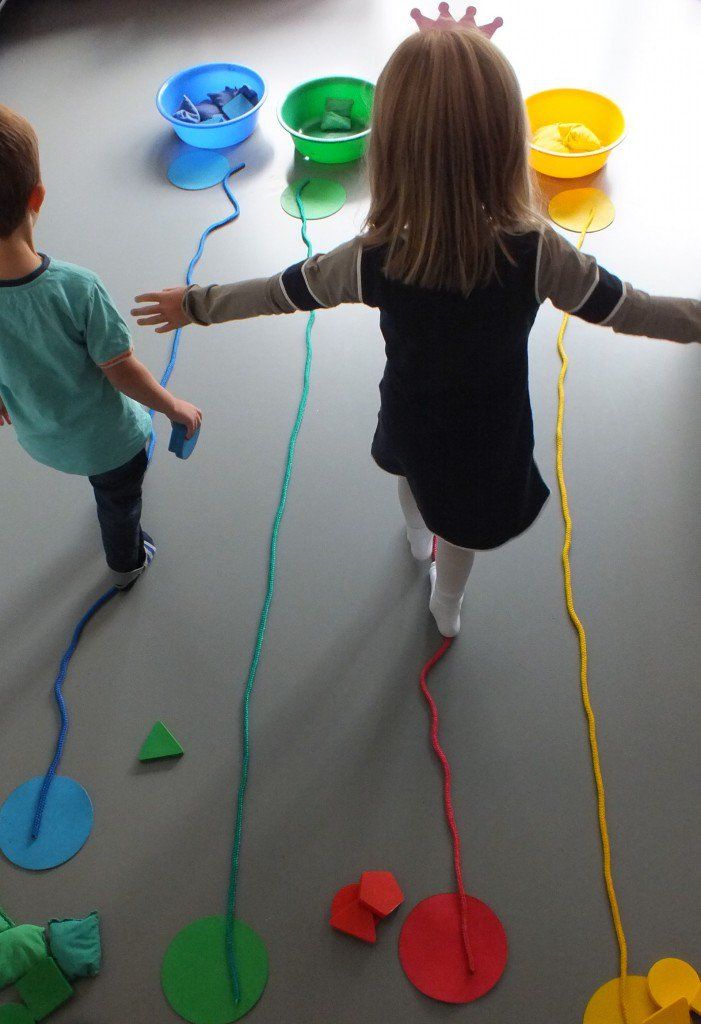
Get the tutorial at 123 Homeschool 4 Me »
Chromatography Flowers
Steam Powered Family
This is a science experiment that turns into something you'd want to display on a desk or table. Draw stripes on coffee filters with markers, and then fold them up into triangles and dip the pointy end in water; the water will travel up the filter and separate the marker into different pigments, making a cool pattern on a flower-shaped filter.
Get the tutorial at Steam Powered Family »
RELATED: Easy Science Experiments for Kids You Can Do at Home With Everyday Items
Sight Word Craft-Stick Puzzles
And Next Comes L
If you're practicing sight words, go beyond the run-of-the-mill flash cards with a craft-stick matching puzzle. You can tailor the words by grade level, and add more pairs as your kids become stronger readers.
Get the tutorial at And Next Comes L »
LEGO Coding Maze
Research Parent
You don't need screens or apps to show kids the foundations of coding.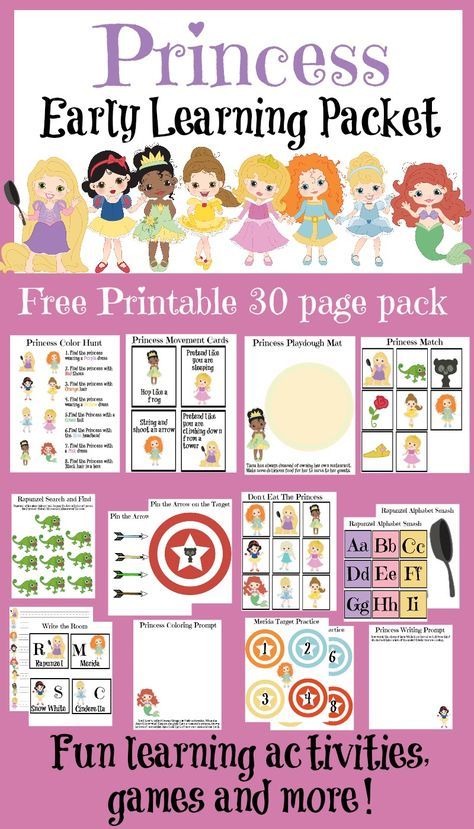 Set up a simple LEGO maze, and give kids commands to get a minifigure to go through it. The mazes and concepts can get more sophisticated as the child gets older.
Set up a simple LEGO maze, and give kids commands to get a minifigure to go through it. The mazes and concepts can get more sophisticated as the child gets older.
Get the tutorial (plus printable commands and maze templates) at Research Parent »
Backyard Treasure Hunt
Life Over C's
One way to sharpen those map-reading skills? Hide a treasure in the backyard and have the kids use a map to find it. It's even better if they can hide something from you and draw the map themselves.
Get the tutorial at Life Over C's »
RELATED: The Best Learning Activities for Toddlers to Get Them Ready for Kindergarten
Fraction Flowers
Teach Beside Me
Not only will these beautiful blooms help kids visualize their fractions, it'll teach them equivalents: Two one-eighth peals will be the same size as a one-fourth petal, for example. Not into flowers? Try pizza slices.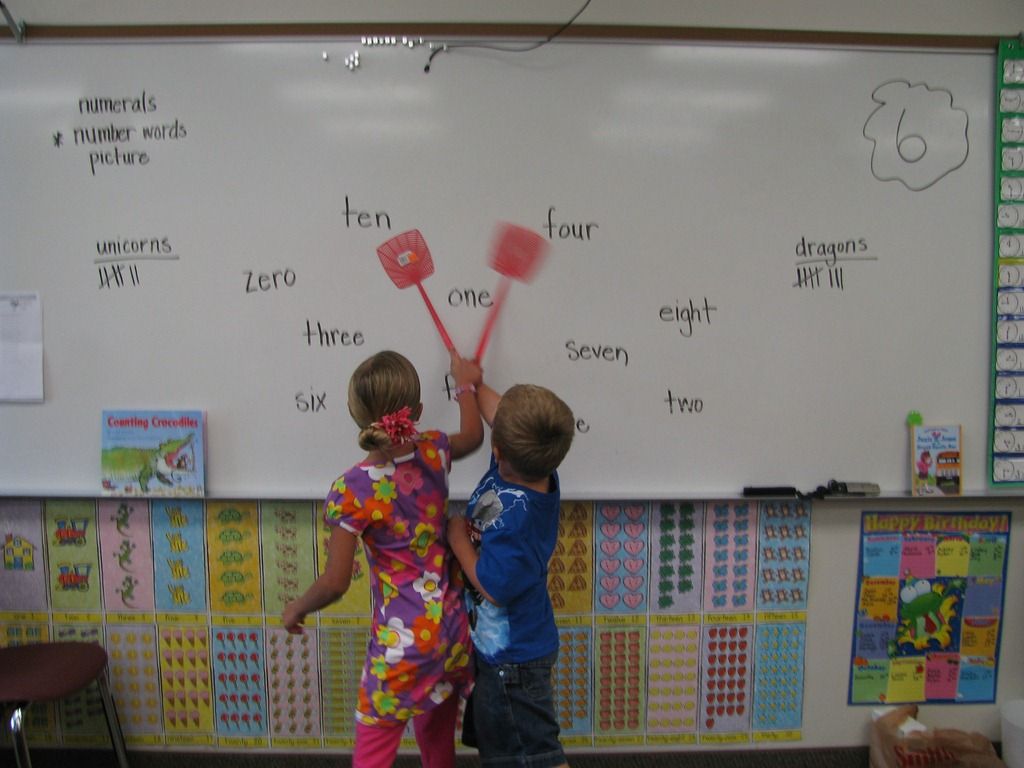
Get the tutorial at Teach Beside Me »
Sidewalk Chalk Letters
Buggy and Buddy
Get their brains and bodies working at the same time! Hop from letter to letter to spell out different sight words.
Get the tutorial at Buggy and Buddy »
Decoder Wheel
Dabbles and Babbles
Ready for some spy missions? An easy decoder wheel lets kids write and decipher secret messages. From there, you can move on to other types of codes, or talk about how cryptography has been used in history.
Get the tutorial at Dabbles and Babbles »
Word/Definition Memory Game
Diary of a Not-So-Wimpy Teacher
Practice two skills at once: Write new vocabulary words on one card, definitions on another, and then play a traditional Memory game. You can also do this with synonyms and antonyms.
Get the tutorial at Diary of a Not-So-Wimpy Teacher »
Color-Mixing Experiment
The Best Ideas for Kids
The classic vinegar-and-baking-soda experiment becomes extra exciting when food coloring is added to the mix.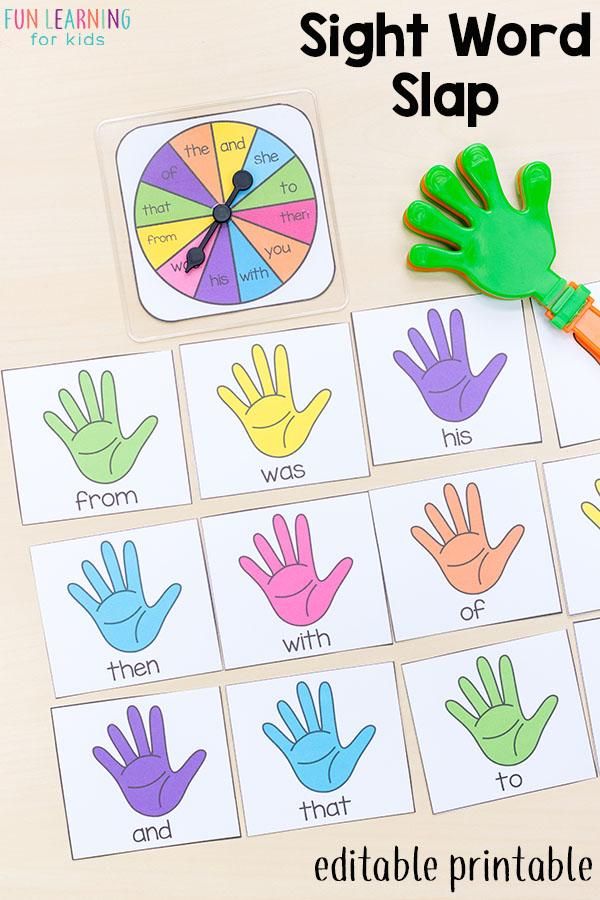 In addition to using an eye dropper or baster to make more "explosions," kids can also see what happens when different colors combine.
In addition to using an eye dropper or baster to make more "explosions," kids can also see what happens when different colors combine.
Get the tutorial at The Best Ideas for Kids »
Pop Top Math Game
Crofts' Classroom
This game is so simple to set up: Stick math equations on the top of a bottle cap, and write the answers inside. Then, if a student answers a math fact correctly, they get to keep the top. If not, it stays in the pile. The player with the most caps at the end of the game wins!
Get the tutorial at Crofts' Classroom »
Story Map
Katie Byrd
If kids are going to grow up to be writers, it helps to know how stories are put together. A story map lets them dissect the parts a book. They can either make one for tales they know well (something like "Goldilocks and the Three Bears"), or use them as an outline for an original creation.
Get the tutorial at Mrs. Byrd's Learning Tree »
Byrd's Learning Tree »
Marshmallow Shapes
Teach Beside Me
A delicious lesson in geometry, you can use mini-marshmallows and toothpicks (or small pretzel rods) to build different shapes. As kids get more advanced, they can move from 2D to 3D creations.
Get the tutorial at Teach Beside Me »
Binary Code Jelwelry
Mama Smiles
Another coding-related activity that doesn't require a screen, this craft uses different colored beads to represent the 1s and 0s in binary numbers. Kids can convert letters into binary and "code" their names into a necklaces or bracelets.
Get the tutorial at Mama Smiles »
Fingerprint Forensics
Marisa LaScala
Forensics 101: Leave a fingerprint on a drinking glass — it helps if your fingers are a little greasy, so pizza night is the perfect time to try this out — then have your kids use flour and a paintbrush to "dust" the glass for prints.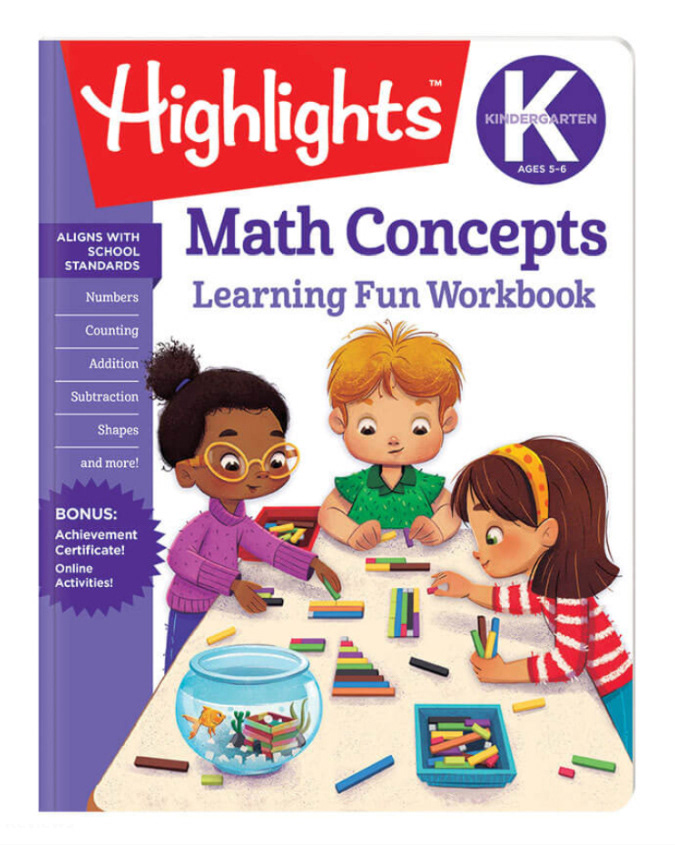 You can even try to "lift" the fingerprint with a piece of tape and transfer it to a piece of construction paper. You can talk about the common patterns found in fingerprints, and how prints are used by law enforcement.
You can even try to "lift" the fingerprint with a piece of tape and transfer it to a piece of construction paper. You can talk about the common patterns found in fingerprints, and how prints are used by law enforcement.
Family Flag
JGI/Daniel GrillGetty Images
Tell your kids they're going to become vexillologists — it sounds super impressive! Vexillology is the study of flags, so talk about the symbols on the flags of different countries and what they represent. Then, they can design their own flag — show them the North American Vexillological Association's "Good Flag, Bad Flag" guidelines — or you can come together and create a flag for your family.
Mental Math
Lesson Plan Diva
The great thing about this activity is that kids can do it independently, whenever they have a few minutes (like in the car): Write out a series of math problems on craft sticks to give kids a chance to practice doing math in their heads.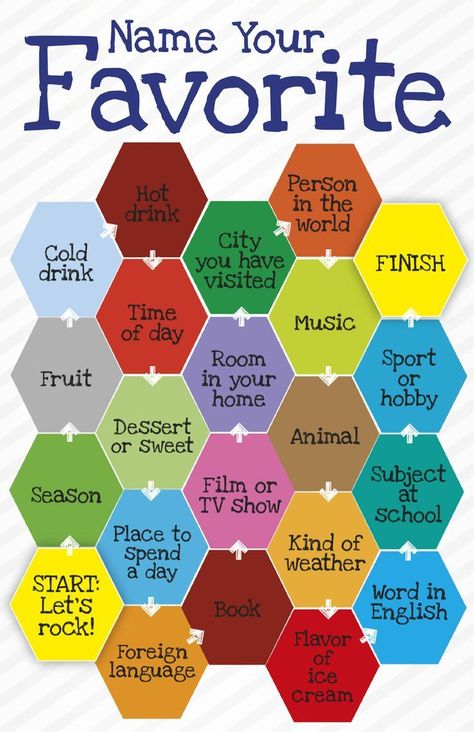 See how many sticks they can get through in a certain period of time.
See how many sticks they can get through in a certain period of time.
Get the tutorial at Lesson Plan Diva »
Star Crystals
One Little Project
By growing crystals in a Borax solution, kids can learn science and make a new decoration for their rooms. (Just use extreme caution with the Borax, and make sure they know it's not sugar.)
Get the tutorial at One Little Project »
Pasta World Map
Parenting Chaos
Give the world map a 3D twist with this crafty learning activity. You can paint coffee filters for the oceans, or use different colors and shapes of pasta for different regions or geographical features.
Get the tutorial at Parenting Chaos »
Marisa LaScala Senior Parenting & Relationships Editor Marisa (she/her) has covered all things parenting, from the postpartum period through the empty nest, for Good Housekeeping since 2018; she previously wrote about parents and families at Parents and Working Mother.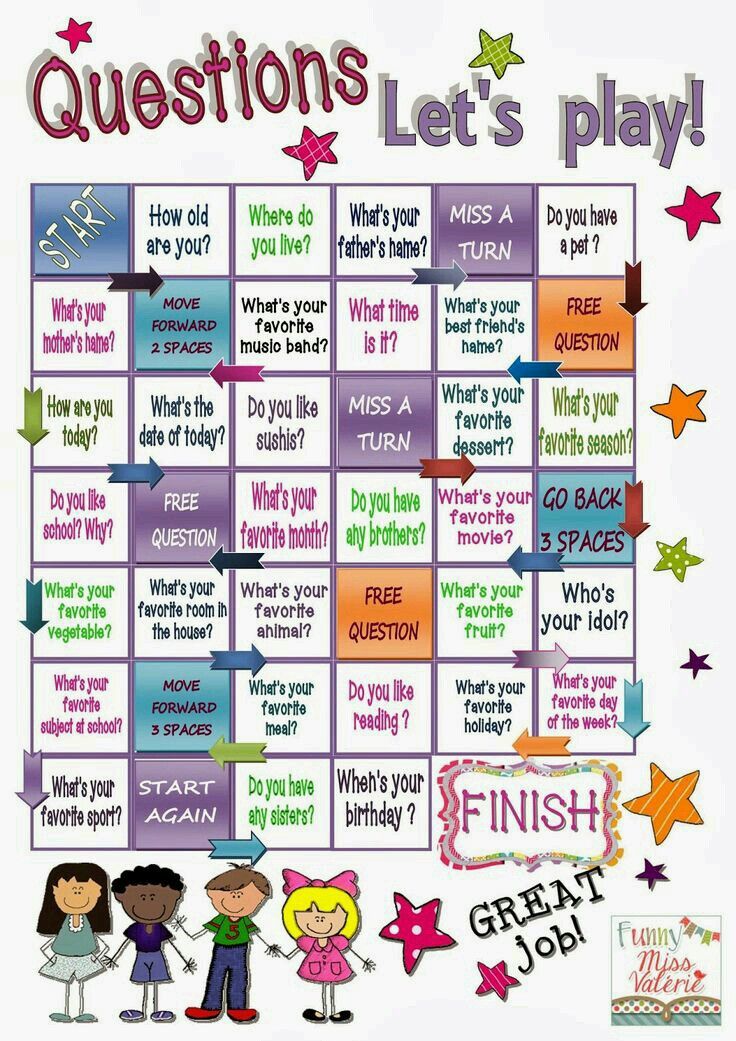
Hundreds of Kids Activities that are Totally Awesome!
This is a list of our most popular activities for kids! There are tons of fun learning activities and fun for kids. Whether you are looking for kids activities for educational purposes or just for fun, these are sure to be a hit!
Super Cool Lava Lamp Experiment
Your kids will love exploring colored water and oil, but a surprise ingredient will make this science activity even more exciting!
Editable Name Spelling and Tracing Printables
Make learning names fun with these name spelling and tracing printables that are editable.
Easy Play Dough Recipe Without Cream of Tartar
This play dough recipe is super easy to make and requires no cream of tartar.
Printable Letter Sounds Alphabet Board Game
An effective way to teach letter sounds while developing counting skills and more.
Letter Matching Apple Tree Activity with Printable
This letter matching apple tree is a fun way for kids to learn letters this fall.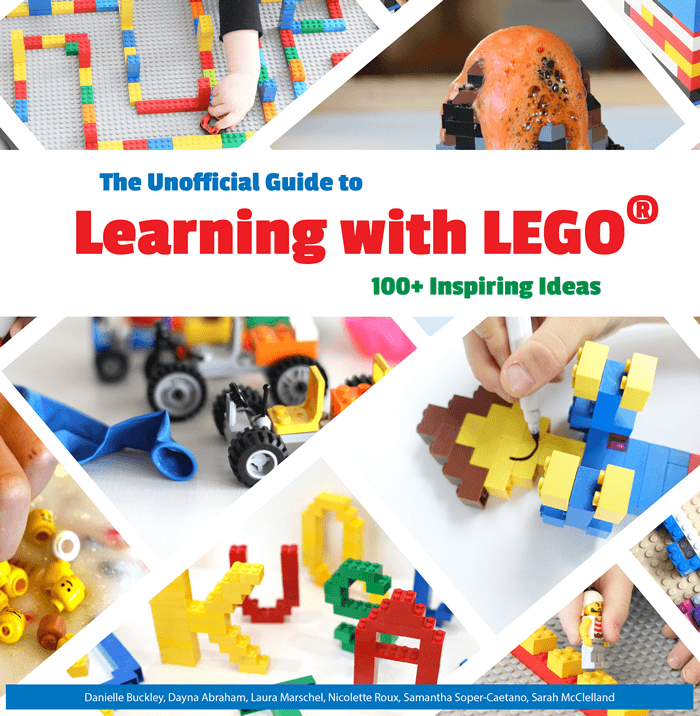
Magic Milk Science Experiment for Kids
This magic milk science experiment is perfect for you! It amazes the kids every time and it is super easy to do too! Just grab a few household supplies and have a blast with magic milk!
Super Fun Name Search Activity and Free Printable
Teach kids to recognize and spell their name with this hands-on name search activity and free printable!
Alphabet Printables and Activities for Preschool and Kindergarten
With over 300 pages of printable alphabet activities, this printable pack is sure to keep the kids engaged!
Make Your Own Dinosaur Dig Excavation Activity
Did you know that you can make your own dinosaur dig excavation activity? All you need is two household ingredients and a few sunny days. It couldn’t be easier!
Rain Cloud in a Jar Science Experiment
This rain cloud in a jar is a weather science experiment that gives young children a chance to explore clouds and rain in a hands-on and engaging way!
Leak Proof Bag Science Experiment
This leak proof bag science experiment is sure to WOW your kids! All you need is two household supplies and you can do this water experiment with your kids too.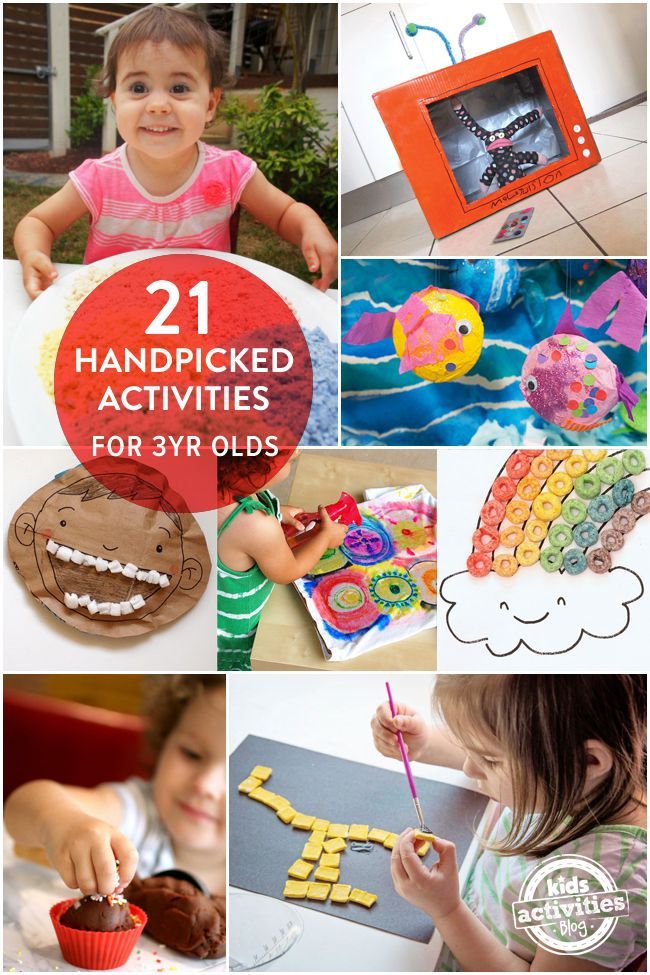
Roll and Dot the Letter Alphabet Activity and Printable
This roll and dot the letter alphabet activity is a great way for kids to learn to identify letters.
Spider Web Fine Motor Activity
This spider web fine motor activity is so much fun! My son played with it over and over again. It is an excellent way to develop fine motor skills. Plus, it is one of our absolute favorite kids activities!
Oil and Water Science Exploration
We’re definitely adding this oil and water science exploration to our growing list of science experiments for preschoolers. But even older kids will enjoy it too!
Field Day Games that are Super Fun for Kids!
These field day games for kids are all super fun and exciting. They are outdoor games that will get the kids moving, playing and having fun outdoors!
Counting and Number Matching with Paper Cups
Practice number matching with paper cups! It’s a fun, hands-on way to learn numbers and counting.
Rainbow Hop Letter Sounds Game
This life-size board game is a fantastic way to move and learn alphabet sounds and counting!
Sand and Water Ocean Sensory Bin
My kids had a blast digging in the sand and playing in the water while learning about the ocean habitat.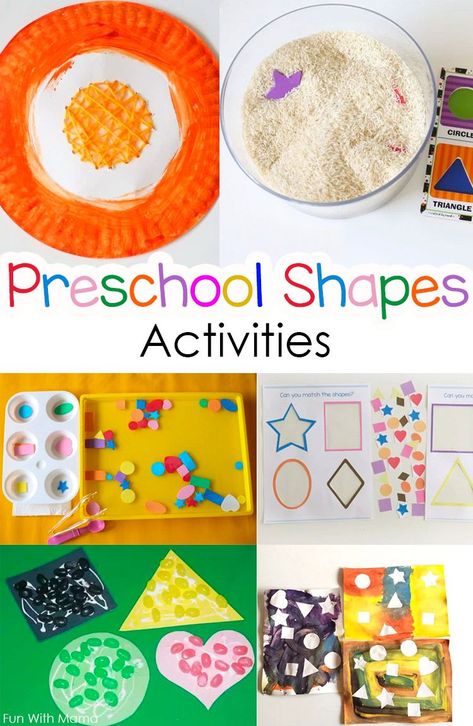 If you are looking for summer kids activities, you have to give this one a try!
If you are looking for summer kids activities, you have to give this one a try!
Preschool Math Game: Roll and Dot the Number
A quick preschool math game that will teach kids to identify numbers and count while learning one to one correspondence.
Counting Bear Number Strips and Color Matching Activity
These counting bears number strips are a hands-on way for toddlers and preschoolers to learn numbers, counting and even colors.
Methods of formation of independence in younger students.
Methodology for the formation of independence in younger students.
Prepared by: Elizaveta Alekseevna Davydova
Teacher-psychologist
Ozersk branch of MBOU "Nikiforovskaya Secondary School No. 2"
Formation of independence as a personal quality is a long and complex process that is carried out both at school (lessons, extracurricular activities, socially useful work ) and in the family. Let us consider the possibilities of forming the independence of younger schoolchildren in educational activities.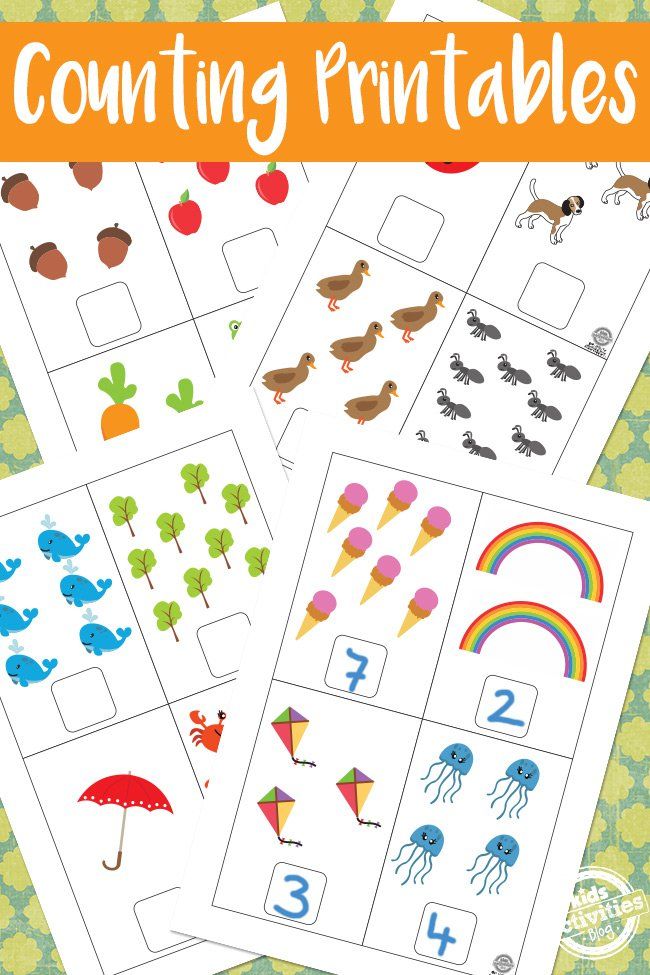
Educational activity at primary school age has a great influence on the overall development, the formation of mental processes, states and properties, intellectual and personal qualities of the child, including the quality we are considering. “Education,” notes D.B. Elkonin, “as the basis for mastering the methods of action developed by society with objects, the tasks and motives of human activity, the norms of relations between people, all the achievements of culture and science, is a universal form of child development . Outside of learning, there can be no development.” Understanding the meaning of educational activity ensures the participation of a younger student in it on his own initiative.
One of the means of developing the independence of younger students is independent work. According to P.I. Pidkasisty, independent work is not a form of organizing training sessions and not a teaching method. It is legitimate to consider it rather as a means of involving students in independent cognitive activity, a means of its logical and psychological organization.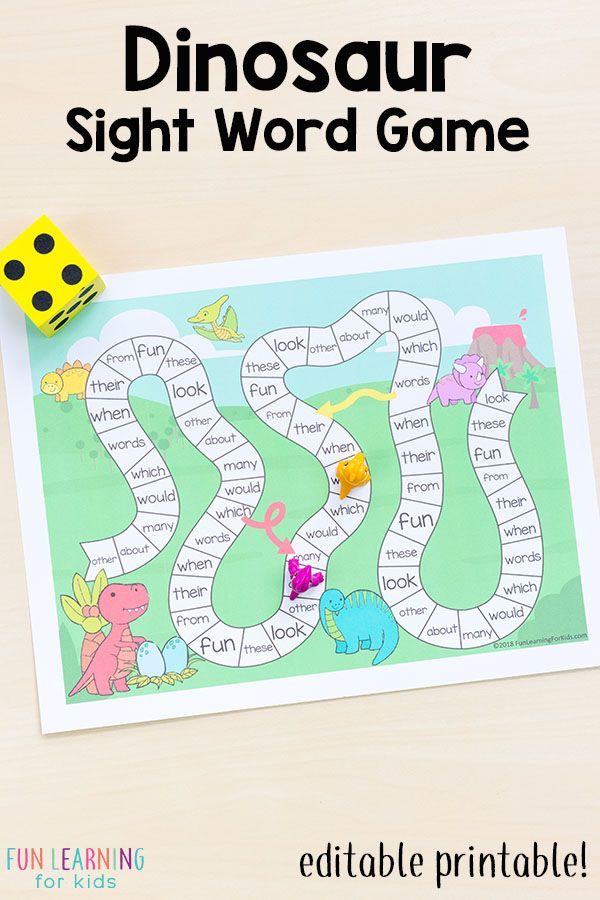
In accordance with the level of independent productive activity of students, 4 types of independent work are distinguished, each of which has its own didactic goals.
Independent work according to the model is necessary for the formation of skills and their strong consolidation. They form the foundation for truly independent activity of the student.
Reconstructive independent work teaches to analyze events, phenomena, facts, forms techniques and methods of cognitive activity, contributes to the development of internal motives for cognition, creates conditions for the development of mental activity of schoolchildren.
Independent work of this type forms the basis for further creative activity of the student.
Variable independent work forms the skills and abilities of finding an answer outside the known pattern. The constant search for new solutions, the generalization and systematization of the acquired knowledge, their transfer to completely non-standard situations make the student's knowledge more flexible, form a creative personality.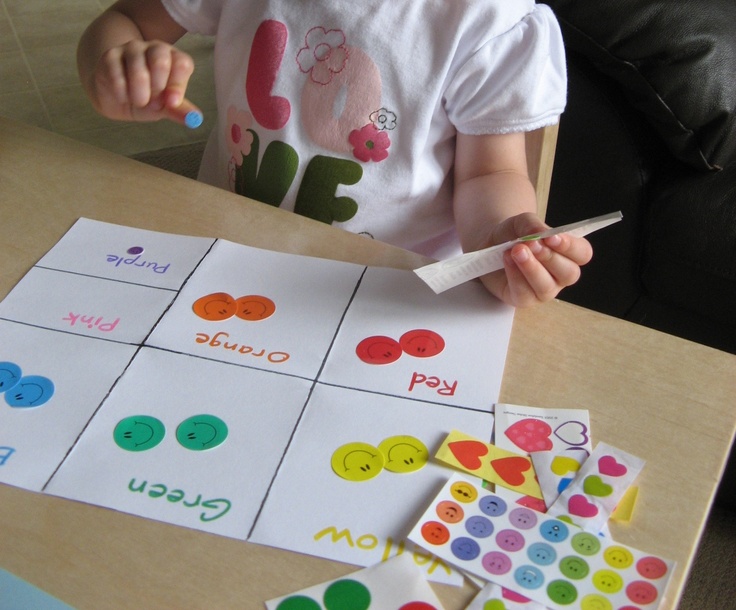
Creative independent work is the crowning achievement of the system of independent activity of schoolchildren. These works reinforce the skills of independent search for knowledge, are one of the most effective means of forming a creative personality.
A.I. Zimnyaya emphasizes that the independent work of a student is a consequence of his properly organized learning activities in the classroom, which motivates its independent expansion, deepening and continuation in his free time. Independent work is considered as the highest type of educational activity, requiring a sufficiently high level of self-awareness, reflexivity, self-discipline, responsibility from the student, and giving the student satisfaction, as a process of self-improvement and self-awareness.
Formation of independence of junior schoolchildren takes place in various activities. The more species develop independence, the more successful its development will be. The formation of the independence of the child is carried out in educational activities , which is purposeful, productive, mandatory, arbitrary.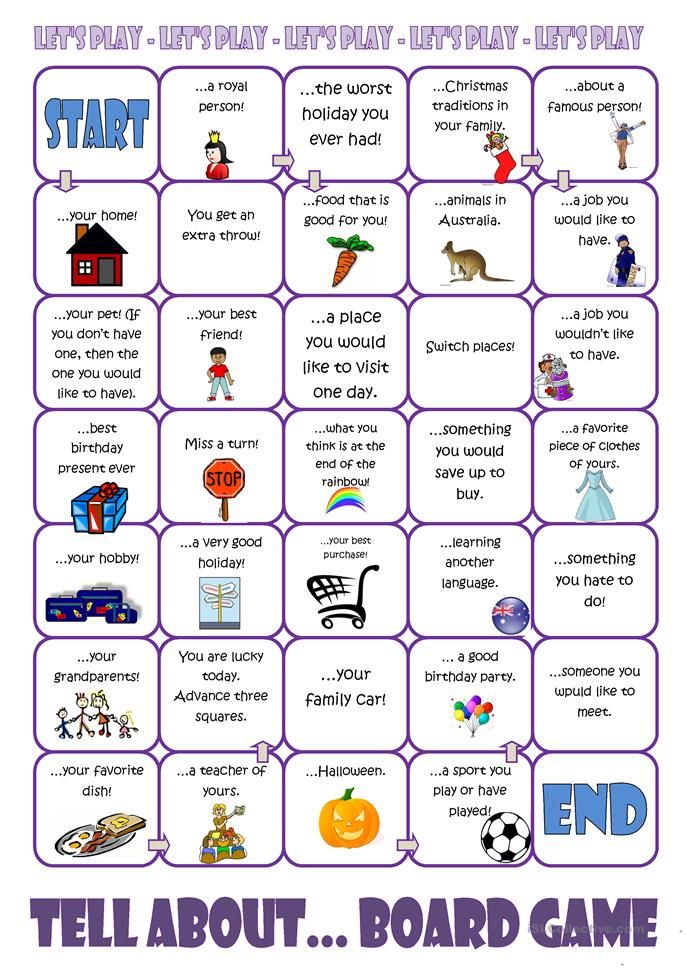 It is evaluated by others and therefore determines the position of the student among them, on which his inner position, and his well-being, emotional well-being depend. In educational activities, he develops the skills of self-control and self-regulation.
It is evaluated by others and therefore determines the position of the student among them, on which his inner position, and his well-being, emotional well-being depend. In educational activities, he develops the skills of self-control and self-regulation.
Thus, the application in practice of various types of independent work contributes to the improvement of the ability to work independently and the development of the student's independence. However, any work should begin with students' awareness of the purpose of actions and methods of action. All types of independent activities of younger students are of great importance. It is difficult, impossible to overestimate the student's work with the book. Performing written exercises, writing essays, stories, poems and the like are independent creative works that require more activity and efficiency.
One of the effective means of promoting cognitive motivation, as well as the formation of independence, is the creation of problem situations in the educational process. A. M. Matyushkin characterizes the problem situation as “a special kind of mental interaction between an object and a subject, characterized by such a mental state of the subject (student) in solving problems that requires the discovery (discovery or assimilation) of new knowledge or methods of activity previously unknown to the subject.” In other words, a problem situation is a situation in which the subject (student) wants to solve some problems that are difficult for him, but he does not have enough data and he must look for them himself. A problematic situation arises when a teacher deliberately confronts students' life ideas with facts that students do not have enough knowledge and life experience to explain. It is possible to deliberately collide the life ideas of students with scientific facts using various visual means, practical tasks, during the implementation of which students will definitely make mistakes. This allows you to cause surprise, sharpen the contradiction in the minds of students and mobilize them to solve the problem.
A. M. Matyushkin characterizes the problem situation as “a special kind of mental interaction between an object and a subject, characterized by such a mental state of the subject (student) in solving problems that requires the discovery (discovery or assimilation) of new knowledge or methods of activity previously unknown to the subject.” In other words, a problem situation is a situation in which the subject (student) wants to solve some problems that are difficult for him, but he does not have enough data and he must look for them himself. A problematic situation arises when a teacher deliberately confronts students' life ideas with facts that students do not have enough knowledge and life experience to explain. It is possible to deliberately collide the life ideas of students with scientific facts using various visual means, practical tasks, during the implementation of which students will definitely make mistakes. This allows you to cause surprise, sharpen the contradiction in the minds of students and mobilize them to solve the problem.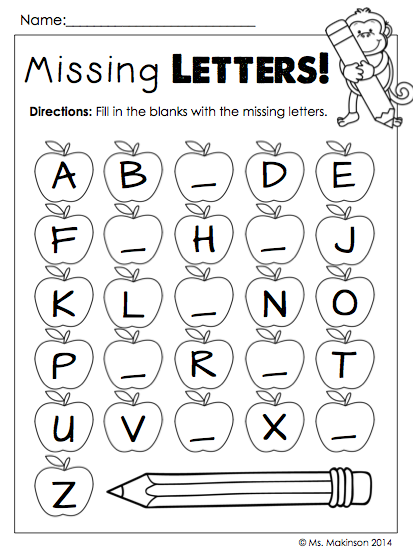
An effective tool for the development of independence in students primary school is a group form of education. The use of group forms leads to the fact that students increase cognitive activity and creative independence; changing the way children communicate; students more accurately assess their capabilities; children acquire skills that will help them in later life: responsibility, tact, confidence. It is necessary to organize the educational process in such a way that each student can realize his abilities, see the process of his progress, evaluate the result of his own and collective (group) work, while developing independence in himself, as one of the main qualities of a person.
A special role in the formation of a creative, independent personality, capable of highly productive work in the future, is assigned to labor activity. In order for labor training lessons to contribute to the development of labor activity of younger schoolchildren, it is necessary, when choosing teaching methods, to focus on those that stimulate the cognitive and active activity of children, broaden their horizons, contribute to the development of independence
and contribute to the development of a creative personality.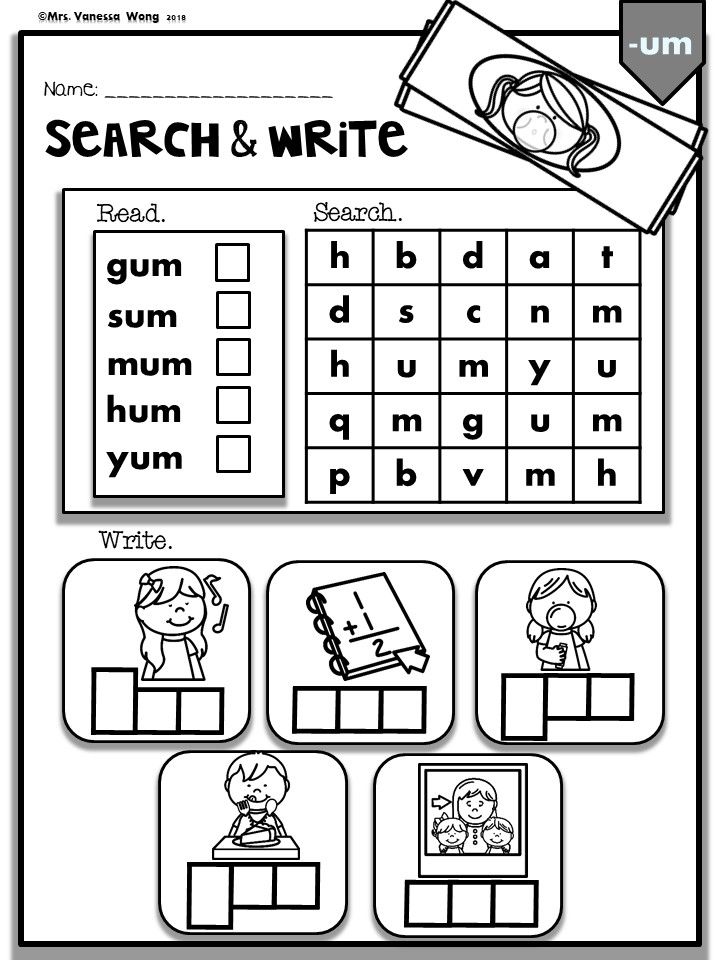 Such methods are problem-search, partial-search, problem, research. Together with explanatory-illustrative and reproductive methods, they contribute to the qualitative improvement of labor processes in the performance of educational tasks. The upbringing of independence is one of the leading factors in the development of children's creativity, since creativity is the highest form of human activity and independent activity. It is well known that the main obstacle in the organization of creative activity in labor training lessons is the low level of students' independence. It is necessary to create conditions that allow schoolchildren to independently perform and look for ways to implement creative tasks. In the process of solving the tasks set, younger students develop the ability to analyze the condition and, on the basis of this, build their practical activities, create and implement interesting ideas.
Such methods are problem-search, partial-search, problem, research. Together with explanatory-illustrative and reproductive methods, they contribute to the qualitative improvement of labor processes in the performance of educational tasks. The upbringing of independence is one of the leading factors in the development of children's creativity, since creativity is the highest form of human activity and independent activity. It is well known that the main obstacle in the organization of creative activity in labor training lessons is the low level of students' independence. It is necessary to create conditions that allow schoolchildren to independently perform and look for ways to implement creative tasks. In the process of solving the tasks set, younger students develop the ability to analyze the condition and, on the basis of this, build their practical activities, create and implement interesting ideas.
Of particular importance in the formation of creative independent activity of a younger student is applied activity, characterized by the freedom to realize ideas through the use of various materials and technologies in the creation of original products.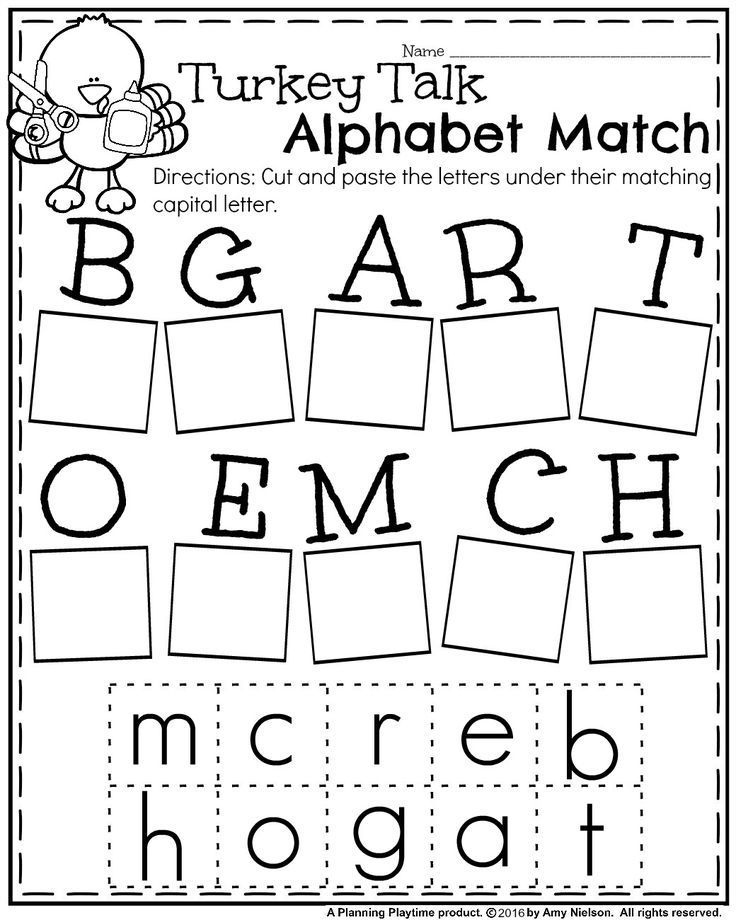 Artistic and design activity allows you to expand the child's ideas about the surrounding reality, enrich his life experience, focuses on a transformative attitude to the world. A systematic approach to the development of art and design activities by children gives them the opportunity to accumulate aesthetic, technological, social, labor experience, thereby ensuring the development of the child's creative activity at the highest level. In a child of primary school age, the emotional and motivational-value spheres of the personality are formed, which are characterized by cognitive activity, curiosity, the need to make independent decisions and their practical implementation. In children's creativity, two types of design are distinguished: technical and artistic, which enable children to express their attitude to the depicted object, to show their imagination and thereby independence. The assimilation of this complex of knowledge forms a sense of style, an aesthetic attitude to the world of things, a special way of thinking.
Artistic and design activity allows you to expand the child's ideas about the surrounding reality, enrich his life experience, focuses on a transformative attitude to the world. A systematic approach to the development of art and design activities by children gives them the opportunity to accumulate aesthetic, technological, social, labor experience, thereby ensuring the development of the child's creative activity at the highest level. In a child of primary school age, the emotional and motivational-value spheres of the personality are formed, which are characterized by cognitive activity, curiosity, the need to make independent decisions and their practical implementation. In children's creativity, two types of design are distinguished: technical and artistic, which enable children to express their attitude to the depicted object, to show their imagination and thereby independence. The assimilation of this complex of knowledge forms a sense of style, an aesthetic attitude to the world of things, a special way of thinking.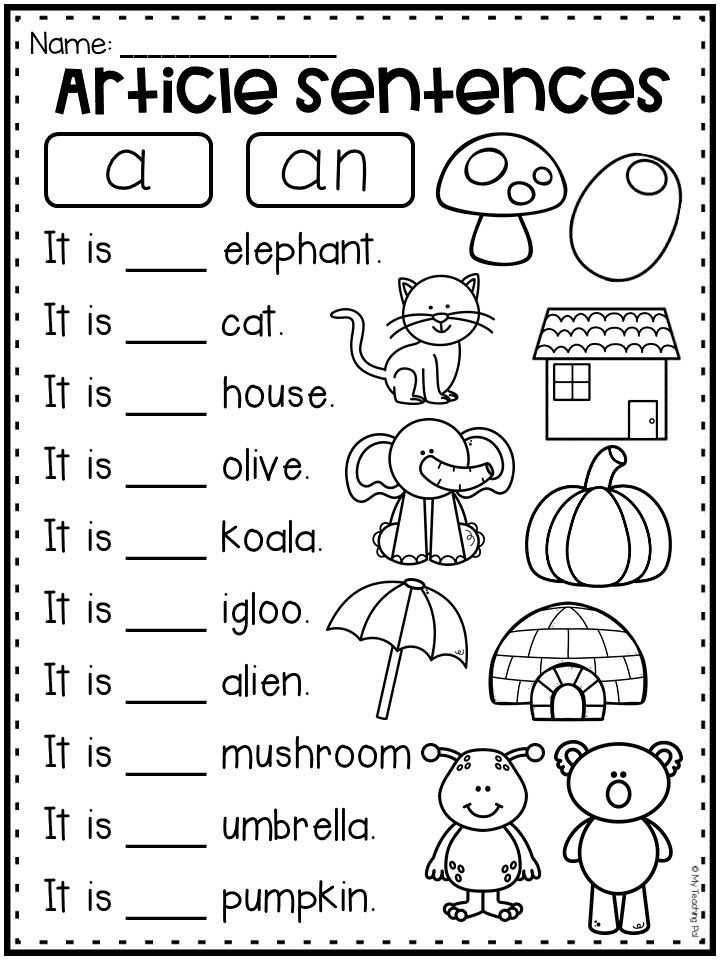 This kind of thinking is called productive. The productivity of thinking provides an independent solution of new problems, deep assimilation of knowledge, i.e. success in the implementation of educational activities. Solving constructive problems, children learn to analyze their conditions and find independent solutions.
This kind of thinking is called productive. The productivity of thinking provides an independent solution of new problems, deep assimilation of knowledge, i.e. success in the implementation of educational activities. Solving constructive problems, children learn to analyze their conditions and find independent solutions.
Homework is a form of organization of independent, individual study of educational material by schoolchildren during extracurricular time. The importance of homework, especially in primary school, is as follows. Doing homework helps to better understand the educational material, helps to consolidate knowledge, skills and abilities due to the fact that the student independently reproduces the material studied in the lesson and it becomes more clear to him what he knows and what he does not understand.
N.K. Krupskaya in the article ''Methods of assigning homework lessons'' wrote: ''Homework lessons are of great importance. Properly organized, they accustom to independent work, bring up a sense of responsibility, help to acquire knowledge and skills.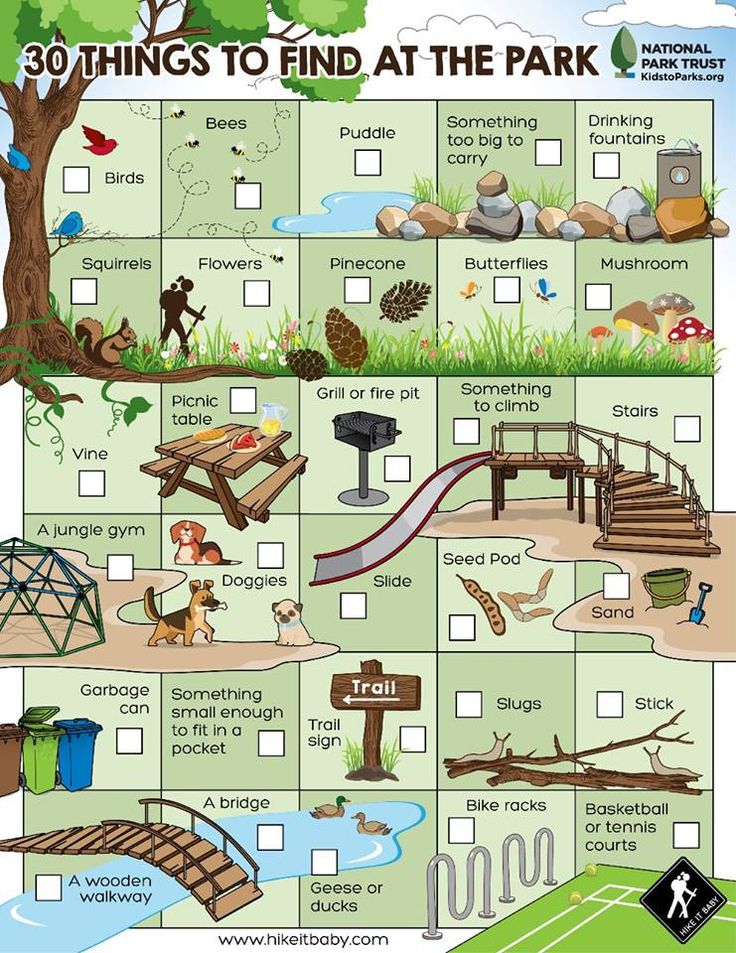
Experts consider children's independence in the process of its formation. “In school practice,” notes A.A. Lyublinskaya, “the independence of the child has nothing to do with his spontaneous behavior. Behind the independence of the child is always the leading role and requirements of the adult. The author believes that the teacher should find a reasonable combination of pedagogical guidance and independent activity of students. Pedagogical skill is to put the child in front of the need to make an independent decision, constantly monitor and evaluate the results of his work .
The teacher, who forms the independence of younger schoolchildren, contributes to a favorable situation for the development of the child , building his life prospects, i.e. realizes the goal of education, because the result of his pedagogical activity is the student's personality as "an active creative principle that generates the world, projects reality and its own future, which goes beyond itself in its actions and deeds. "
"
According to V.B.Leontieva, an effective method in shaping the independence of children of this age is the preparation and holding of holidays, which makes it possible to show initiative, creativity and independence.
A teacher has great opportunities for the development and manifestation of independence of students in the classroom and in extracurricular activities.
According to ZL Shintar, interaction between a teacher and a student is of great importance in the formation of independence of a junior schoolchild. The child can independently establish joint activities if something is not able to be performed individually. An example of this type of children's independence is the questions of a child to an adult. In this case, it is worth talking about independence as a manifestation of the child's initiative in building educational relationships with the teacher. Independence acts as an initiative action of the child towards pedagogical influence.
The first type is built on an instructional basis. The adult appears to the child as the bearer of a socially given amount of knowledge, skills, and habits that the child must learn by copying and imitation under strict control by the teacher. In this type of joint activity, it is hardly possible to discern the sources of the child's independence.
The adult appears to the child as the bearer of a socially given amount of knowledge, skills, and habits that the child must learn by copying and imitation under strict control by the teacher. In this type of joint activity, it is hardly possible to discern the sources of the child's independence.
In the second type joint activity the educational content is outwardly clothed by adults in a problematic form and takes on the form of various kinds of tasks that are offered to the child. In this case, an imitation of search and decision-making takes place. With such joint activity, the task of fully assimilating culture, which ensures the spiritual growth of the child, cannot be solved: although the form of presentation of educational content undergoes a certain change, a detailed relationship does not develop between the child and the adult.
The third type of joint activity is radically different from the first two: the child does not know the principle of solving the task set for him, the adult is interested in the way children search and discover this principle.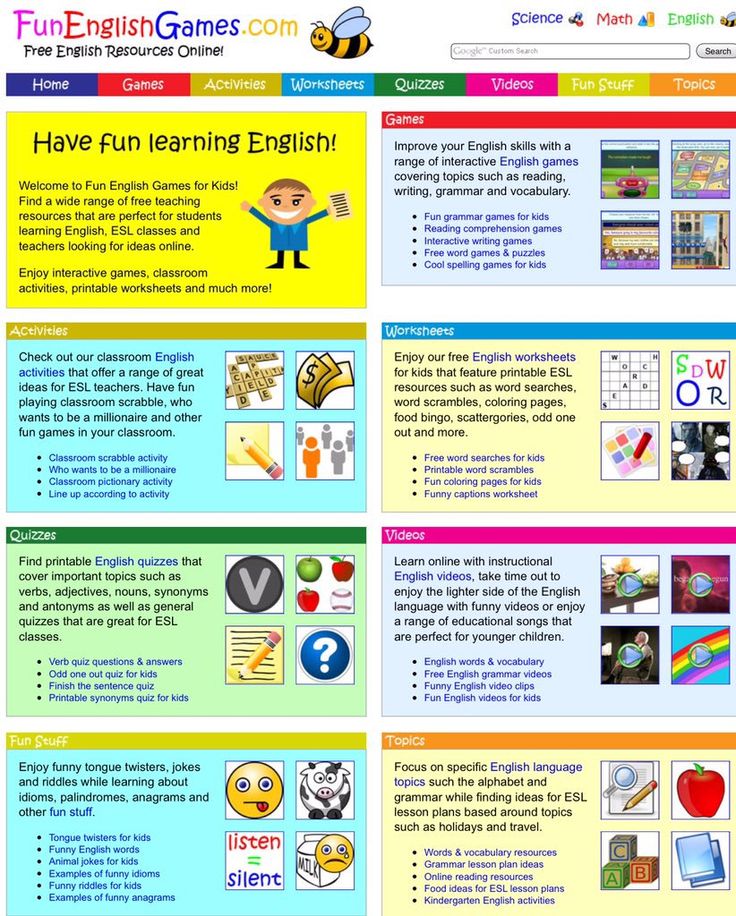 In the context of the third type of joint activity, it becomes possible for the child to be creatively introduced to culture, his independent action.
In the context of the third type of joint activity, it becomes possible for the child to be creatively introduced to culture, his independent action.
Public assignments, assistance to comrades, collective affairs - all this should be organized in such a way as not to replace the initiative of the children, but to give schoolchildren the opportunity to show their independence.
In the opinion of G.S. Poddubskaya, the family plays an important role in shaping the independence of a junior schoolchild. After all, between the level of independence of the schoolchild and the nature of assistance, the measure of guidance for the independent activities of children in the family, there is the closest relationship. In this regard, in order to ensure a unified position of the family and the school in the formation of the leading qualities of the personality of a younger student, parents should: be involved in cooperation with children; create a humane style of relationships in the family, taking into account the "principle of measure", in which there should be a combination of affection and severity, closeness to children and "distance", the independence of the child and the help of elders; create conditions for the independent activity of the child; introduce a system of permanent labor assignments in the family; involve children in various types of domestic self-service work (cleaning, shopping, cooking, simple clothing repair, growing plants, caring for younger children, and others).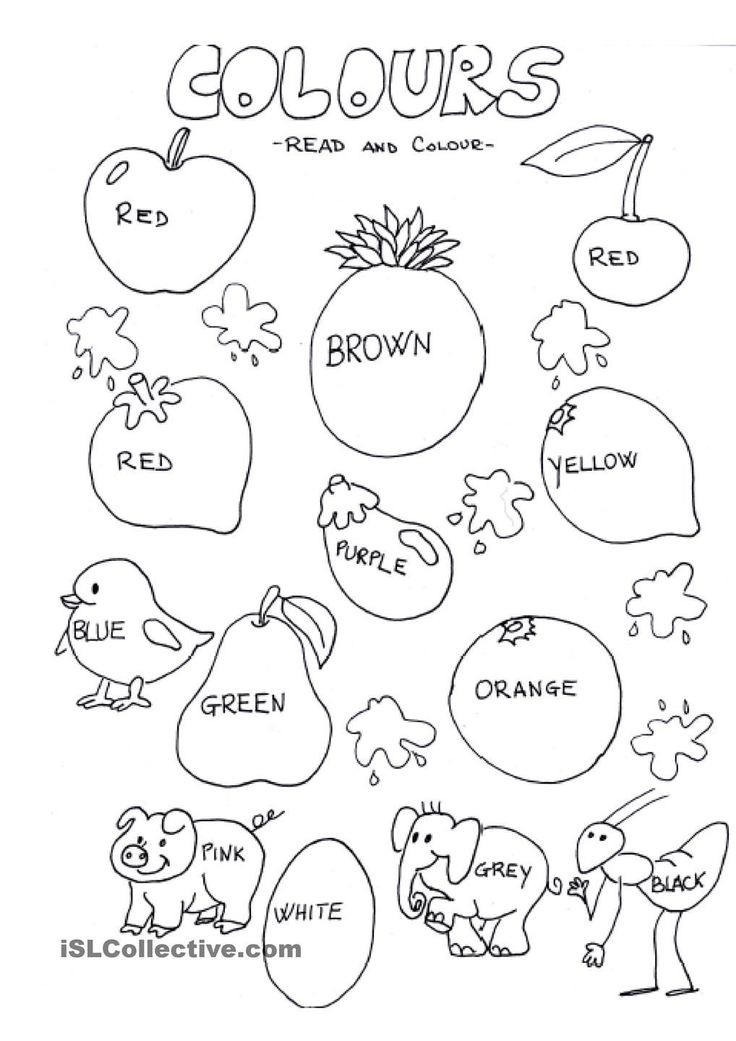
In view of what has been said, the following means and ways of developing independence in children of this age can be determined. The child needs to be instructed, to do more things on his own and, at the same time, to trust him more. Welcome every desire of the child for independence and encourage him. It is extremely important from the first days of schooling to make sure that the child does his homework and chores on his own. Favorable for the development of this quality in children is such a socio-psychological situation in which the child is entrusted with some responsible business and, doing it, he becomes a leader for other people, peers and adults, in joint work with them. Good conditions for the realization of this task are created by group forms of learning and work.
Thus, all of the above ways, means, forms and methods of developing independence, with their systematic, correct use, form the quality we are studying in students.
Teaching and upbringing aids
Version for the visually impaired
Teaching and upbringing aids
Teaching and upbringing aids are all those materials with the help of which the teacher carries out the educational influence (learning process).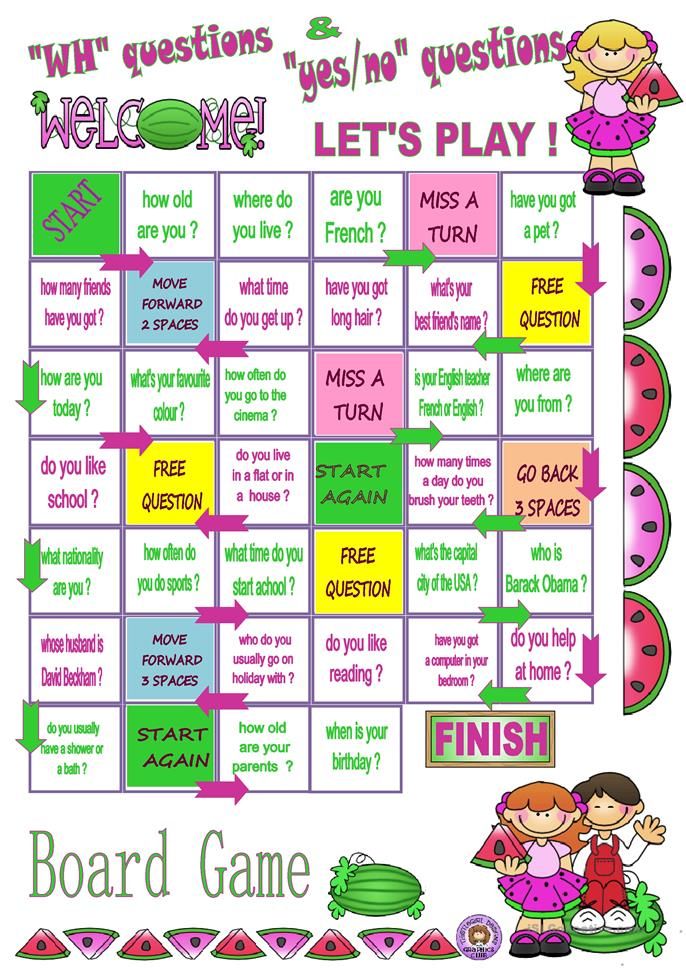 The teaching aids include objects of material and spiritual culture, which are used in solving pedagogical problems. They ensure the implementation of the principle of visibility and help to increase the efficiency of the educational process, give students material in the form of observations and impressions for the implementation of educational knowledge and mental activity at all stages of education.
The teaching aids include objects of material and spiritual culture, which are used in solving pedagogical problems. They ensure the implementation of the principle of visibility and help to increase the efficiency of the educational process, give students material in the form of observations and impressions for the implementation of educational knowledge and mental activity at all stages of education.
Technical means of teaching the collective and individual use of disabled people and persons with disabilities will be acquired in the event of an educational relationship with this category of the population.
Under the means of learning is understood: a material or ideal object that is used by the teacher and students to assimilate knowledge (P. I. Pidkasisty).
Learning aids - available for use by persons with disabilities and disabilities
Principles of using teaching aids
- taking into account the age and psychological characteristics of students
- harmonious use of a variety of teaching aids: traditional and modern for a comprehensive, targeted impact on the emotions, consciousness, behavior of the child through the visual, auditory, kinesthetic perception systems for educational purposes
- taking into account didactic goals and principles of didactics (the principle of visibility, accessibility, etc.
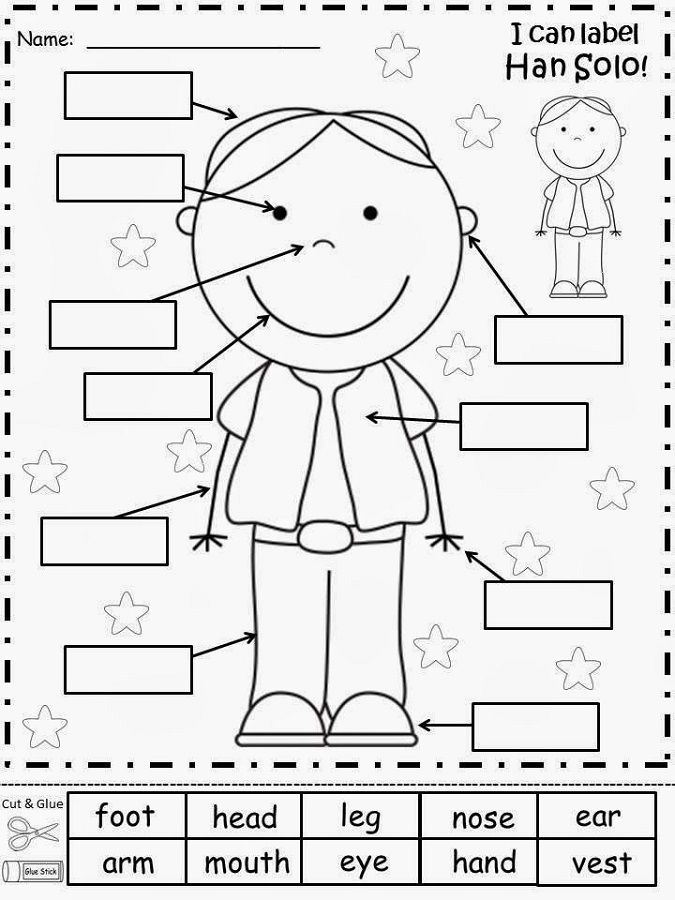 )
) - co-creation of a teacher and a student
- Precedence of security rules in the use of learning tools.
- Electronic educational resources (educational multimedia, multimedia textbooks, network educational resources, multimedia universal encyclopedias)
- Audiovisual (slides, slide films, educational videos, educational films, educational films on digital media)
- Visual planar (posters, wall cards, wall illustrations, magnetic boards)
- Demonstration (herbaria, dummies, models, stands, sectional models, demonstration models)
- Teaching instruments (compass, barometer, flasks, etc.)
- Sports equipment.
Types of teaching aids
There are 2 groups of learning tools:
a) means as a source of information;
b) means as a tool for mastering educational material.
All teaching aids are divided into material and ideal . Material means include textbooks, teaching aids, didactic material, test material, visual aids, TCO (technical teaching aids), laboratory equipment.
Material means include textbooks, teaching aids, didactic material, test material, visual aids, TCO (technical teaching aids), laboratory equipment.
The ideal means are generally accepted systems of sign languages (speech), writing (written speech), symbol systems of various sciences, visual aids, educational computer programs, methods and forms of organizing educational activities and systems of learning requirements.
Learning becomes effective when material and ideal means of learning are interconnected and complement each other.
| Ideal Teaching Aids | Teaching aids |
| Level 1 - in the lesson: | |
| Works of art, other cultural achievements (painting, music, literature), visual aids (drawings, drawings, diagrams), educational computer programs on the topic of the lesson, systems of signs, forms of organization of educational activities in the lesson. | Separate texts from the textbook, assignments, exercises and tasks for students to solve test materials, laboratory equipment, TCO. |
| Level 2 - subject: | |
| Symbols of various disciplines, educational computer programs covering the entire course of study of the subject, developing environment for the accumulation of skills in this subject. | Textbooks and teaching aids, didactic materials, methodological developments (recommendations on the subject). |
| Level 3 - the entire learning process: | |
| Education system, teaching methods, system of general school requirements. | Study rooms, libraries, canteens and canteens, a medical office, a room for administration and teachers, locker rooms, utility rooms. |
Location and socialization of lyceum students
Education of citizenship, patriotism, respect for human rights, freedoms and duties: 9000 9000 Learning of the Russian Federation rights and obligations of citizens of Russia, about the political structure of the Russian state, its institutions, their role in society, about the symbols of the state - Flag, coat of arms of Russia, about the flag and coat of arms of the Nizhny Novgorod region as a subject of the Russian Federation.
Acquaintance with the heroic pages of the history of Russia, the lives of remarkable people who set examples of civic service, fulfillment of patriotic duty, with the duties of a citizen (in the process of conversations, excursions, watching movies, traveling to historical and memorable places, role-playing games of civil and historical and patriotic content, the study of academic disciplines).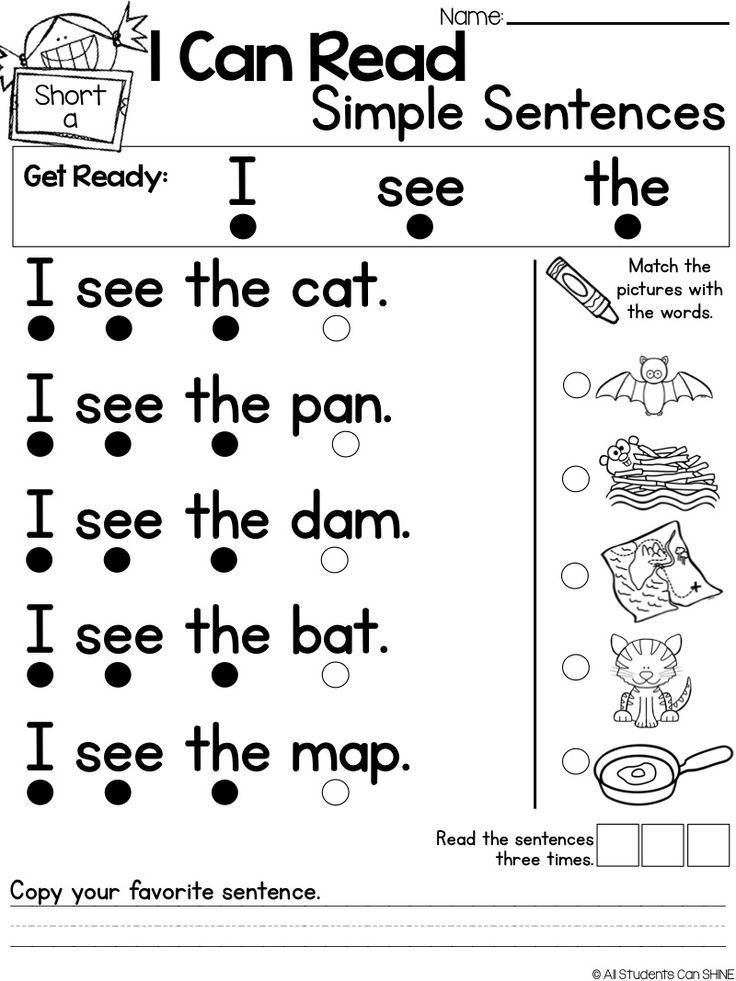
Acquaintance with the history and culture of the native land, folk art, ethno-cultural traditions, folklore, peculiarities of life of the peoples of Russia (during conversations, role-playing games, watching movies, creative competitions, festivals, holidays, excursions, travel, tourist local history expeditions, study of academic disciplines).
Acquaintance with the most important events in the history of our country, the content and significance of public holidays (in the process of conversations, holding class hours, watching educational films, participating in the preparation and holding of events dedicated to public holidays).
Acquaintance with the activities of public organizations of patriotic and civil orientation, children's public associations and organizations with the rights of a citizen (during excursions, meetings and conversations with representatives of public organizations, feasible participation in social projects and events).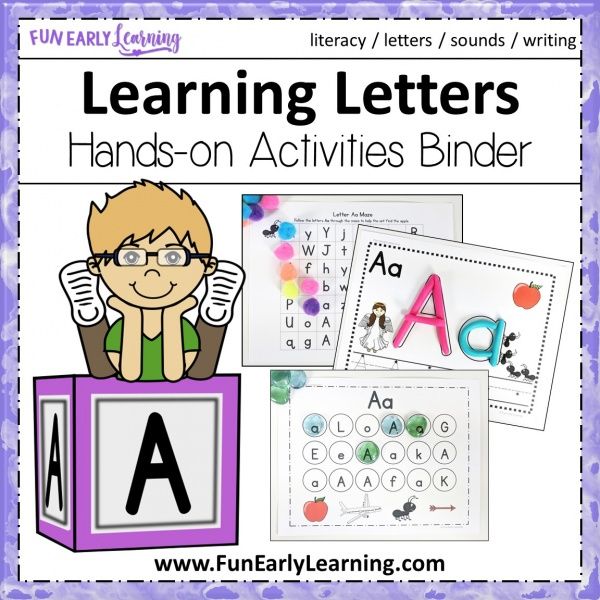
Participation in conversations about the exploits of the Russian army, defenders of the Fatherland, in holding military-patriotic games, contests and sports competitions, role-playing games on the ground, meetings with veterans and servicemen.
Gaining experience of intercultural communication with children and adults - representatives of different peoples of Russia, get acquainted with the peculiarities of their cultures and lifestyle (in the process of conversations, folk games, organizing and holding national-cultural holidays).
Participation of in meetings and conversations with graduates of their school, get acquainted with the biographies of graduates who are worthy examples of citizenship and patriotism.
Education of social responsibility and competence:
Lyceum students actively participate in improving the lyceum environment, accessible areas of life in the surrounding society.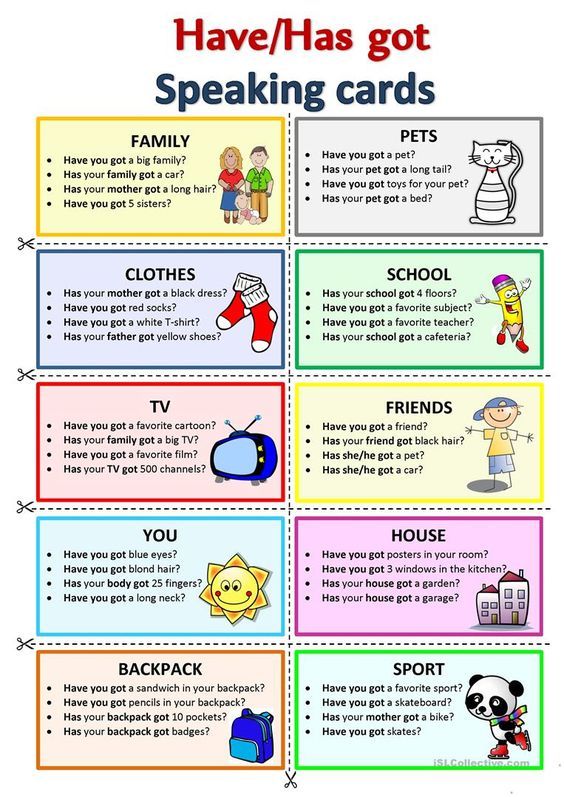
They master forms and methods of self-education: self-criticism, self-hypnosis, self-commitment, self-switching, emotional-mental transfer to the position of another person.
Actively and consciously participate in various types and types of relationships in the main areas of their life: communication, study, play, sports, creativity, hobbies (hobbies).
Gain experience and master the main forms of educational cooperation: cooperation with peers and with teachers.
Actively participate in the organization, implementation and development of school self-government: participate in the decision-making of the governing bodies of the Lyceum Council of the Institution, the Council of Lyceum Students; resolve issues related to self-service, maintaining order, discipline, duty and work in the lyceum; control the fulfillment by students of basic rights and obligations; protect the rights of students at all levels of school management, etc.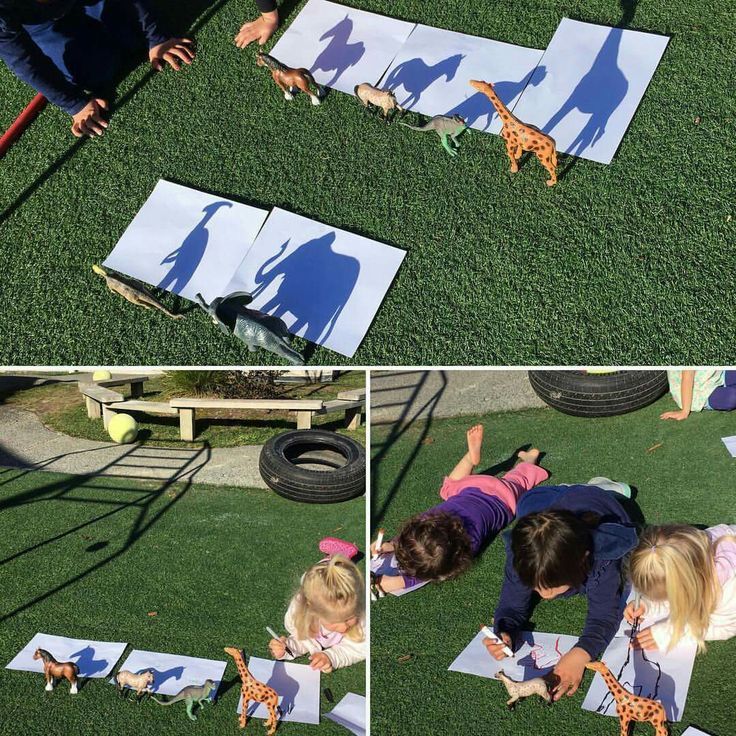
Develop on the basis of the acquired knowledge and actively participate in the implementation of feasible social projects - holding practical one-time events or organizing systematic programs that solve a specific social problem of a school or urban settlement.
Learn to reconstruct (in the form of descriptions, presentations, photo and video materials, etc.) certain situations that imitate social relations during the implementation of role-playing projects.
Education of moral feelings, beliefs, ethical consciousness:
Acquire the skills of law-abiding behavior.
Get acquainted with concrete examples of highly moral relations between people, participate in the preparation and conduct of conversations.
Participate in socially useful work to help the lyceum, city, native land.
Receive experience in creative socially significant activities
voluntarily take part in charity, mercy, in helping the needy, caring for animals, living creatures, nature.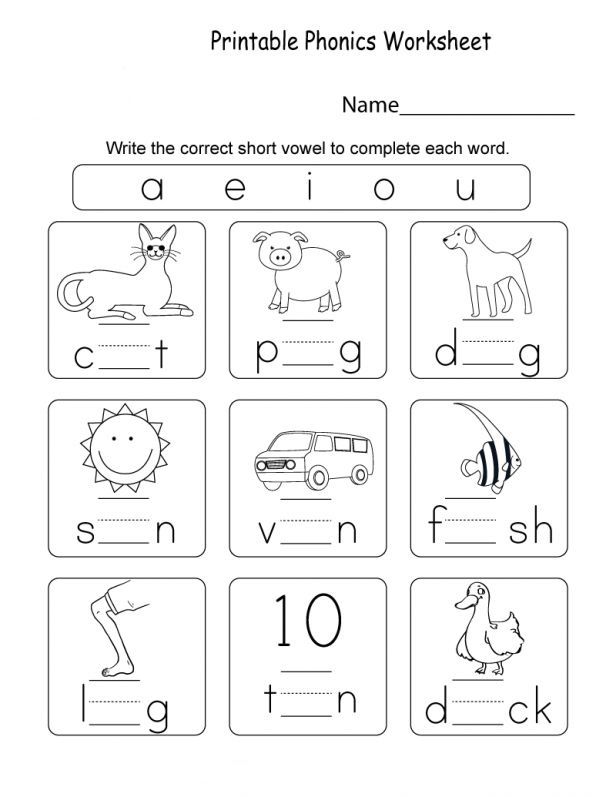
Expand the positive experience of communication with peers of the opposite sex in studies, social work, recreation, sports, actively participate in the preparation and conduct of conversations about friendship, love, moral relations.
Receive systematic ideas about moral relationships in the family, expand the experience of positive interaction in the family (in the process of talking about the family, about parents and grandparents, open family holidays, performing and presenting creative projects together with parents, holding other events that reveal history of the family, cultivating respect for the older generation, strengthening continuity between generations).
Get acquainted with the activities of traditional religious organizations.
Education of ecological culture, culture of a healthy and safe lifestyle health (during conversations, watching educational films, game and training programs, lessons and extracurricular activities).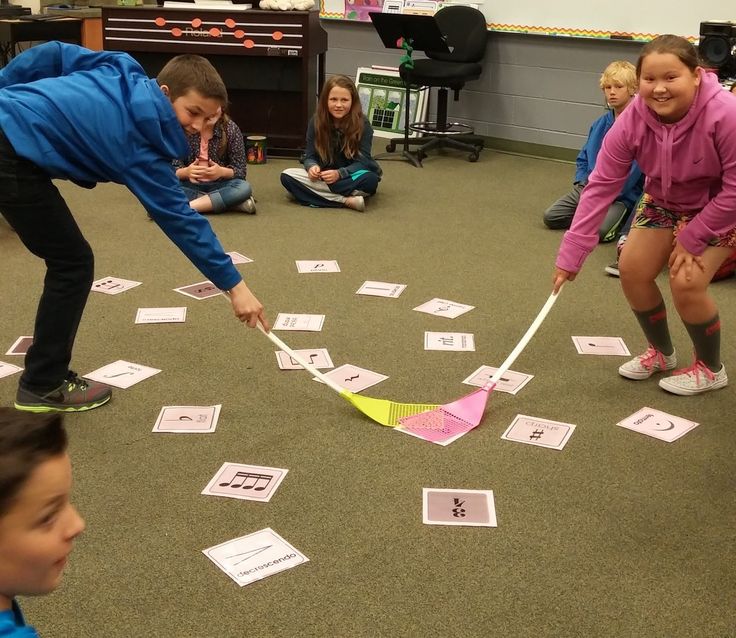
Participate in the promotion of an environmentally friendly healthy lifestyle - they hold talks, thematic games, theatrical performances for younger schoolchildren, peers, and the public. They watch and discuss films dedicated to various forms of recovery.
Learn environmentally literate behavior in the lyceum, at home, in the natural and urban environment: organize an environmentally friendly way of lyceum and home life, use water, electricity carefully, dispose of garbage, preserve the habitats of plants and animals (in the process of participating in practical activities , holding environmental events, role-playing games, school conferences, technology lessons, extracurricular activities).
participate in organizing sports contests, relay races, tourist rallies, trips and excursions around their native land. They conduct local history, search, environmental work in local and distant tourist trips and excursions, travels and expeditions.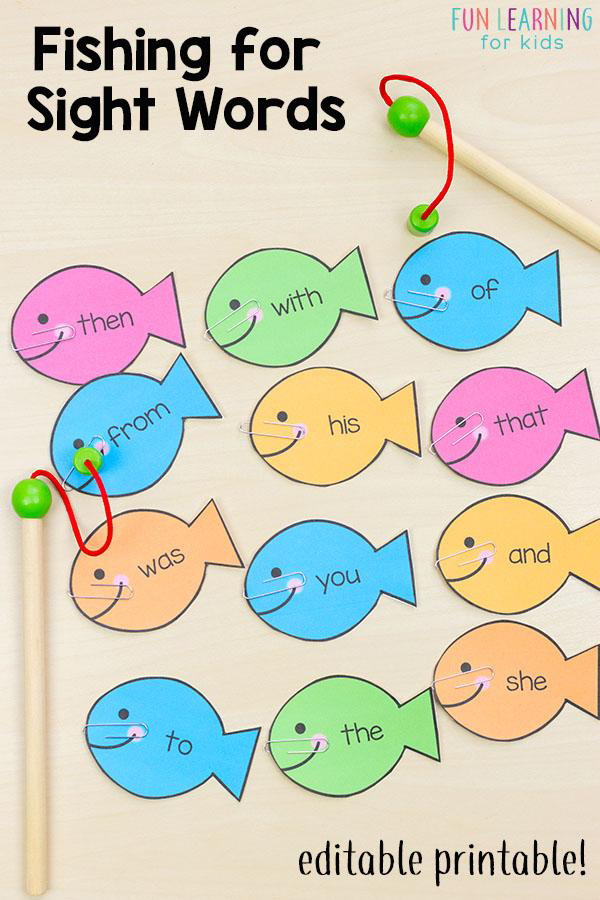
Participate in practical environmental activities, in the activities of school environmental centers, environmental expeditions, patrols; creation and implementation of collective environmental projects.
Make up the correct mode of physical culture, sports, tourism, healthy diet, daily routine, study and rest, taking into account environmental environmental factors and control their implementation in various forms of monitoring.
Learn to provide first aid to victims.
Get an idea about the possible negative impact of computer games, television, advertising on human health (as part of conversations with teachers, school psychologists, medical workers, parents).
Acquire the skill of resisting the negative influence of peers and adults on the formation of unhealthy habits, addiction to psychoactive substances (learning to say “no”) (during discussions, trainings, role-playing games, discussing videos, etc.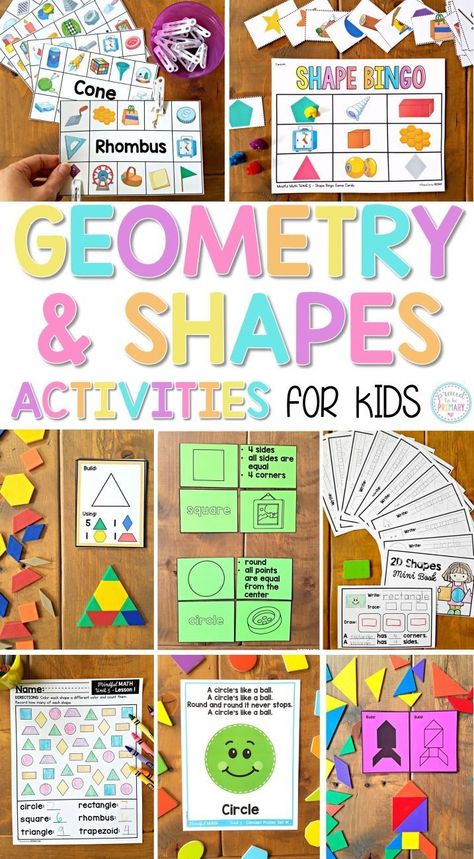 ).
).
Participate in the activities of class and lyceum self-government.
Participate on a voluntary basis in the activities of children's and youth public environmental organizations, events held by public environmental organizations.
Develop and implement educational research and educational projects in the following areas: ecology and health, resource conservation, ecology and business, etc. conscious choice of a profession:
participate in the preparation and holding of the Otkritie Research and Production Complex, thematic weeks, competitions of science fiction projects, evenings of unsolved mysteries.
Participate in Olympiads in academic subjects, make teaching aids for school classrooms, participate in the activities of technical and subject circles, organize educational games for junior high school students.
Participate in excursions to industrial enterprises, scientific organizations of higher education, cultural institutions, during which they get acquainted with various types of work, with various professions.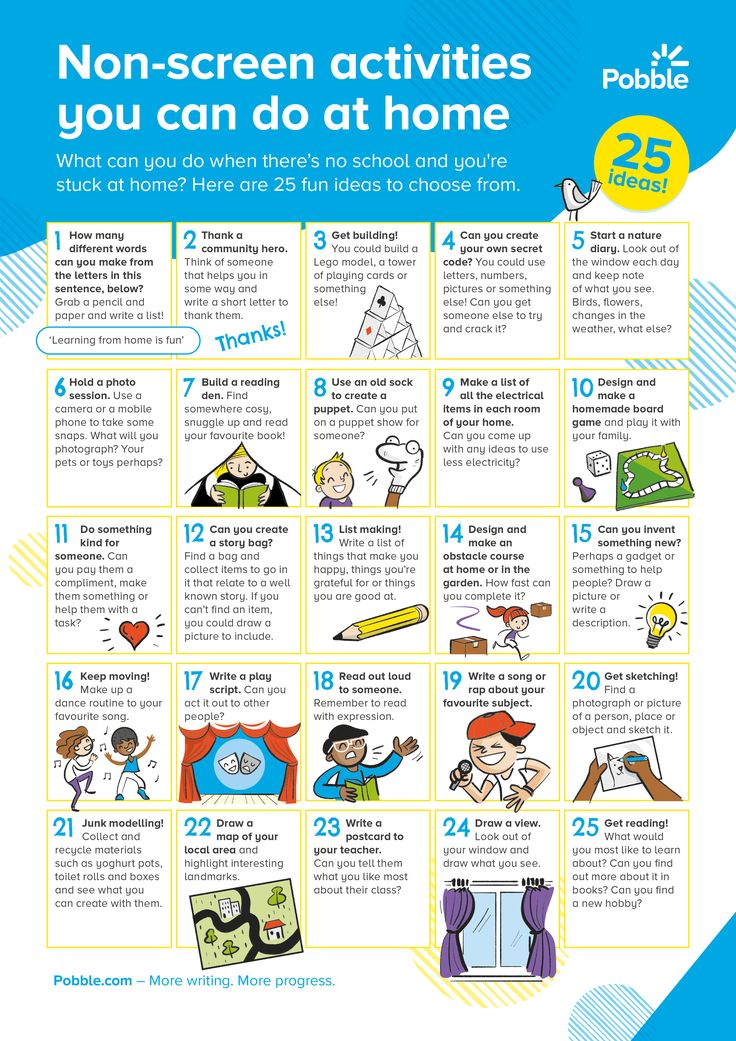
Get acquainted with the professional activities and life path of their parents and grandparents, participate in the organization and conduct of presentations "The work of our family."
Participate in various types of socially useful activities on the basis of the lyceum and institutions of additional education interacting with it, and other social institutions.
Acquire the skills and abilities of cooperation, role interaction with peers, adults in educational and labor activities (during role-playing economic games, by creating game situations based on various professions, holding extracurricular activities (labor holidays, fairs, competitions, etc.), revealing to adolescents a wide range of professional and labor activities).
Participate in various types of socially useful activities on the basis of the lyceum and institutions of additional education interacting with it, other social institutions (engagement in handicrafts, environmental protection, work in creative and training workshops, labor actions, activities of school production firms, other labor and creative public associations, both for teenagers and those of different ages, both during school hours and during vacations).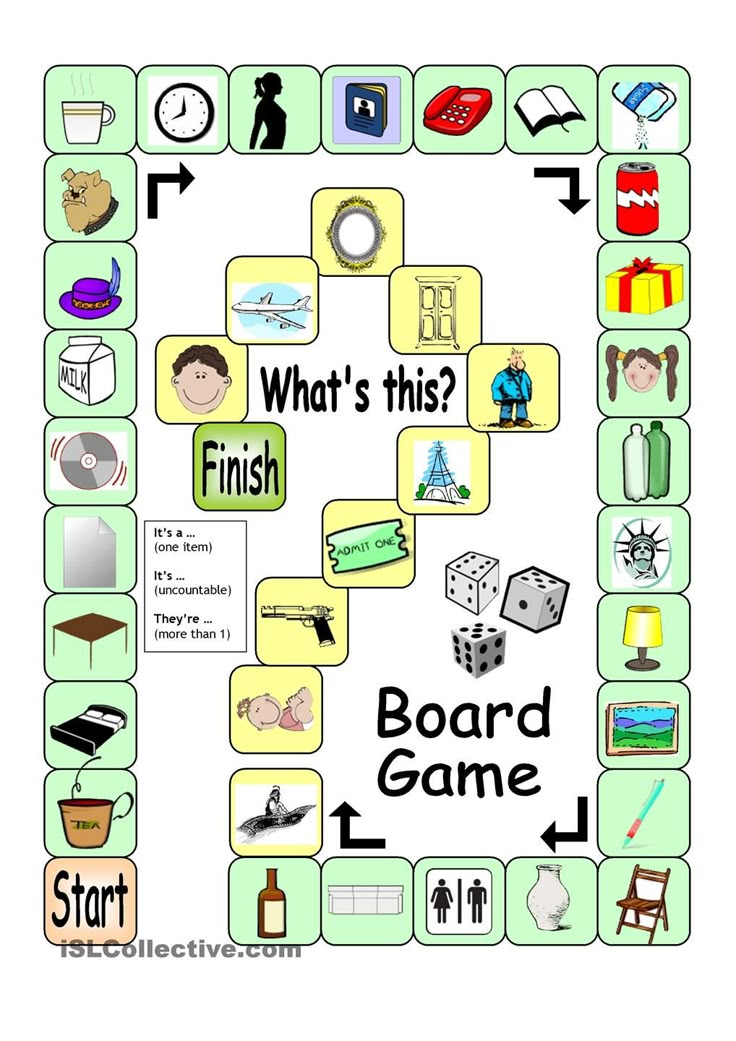
Participate in meetings and conversations with lyceum graduates, get acquainted with the biographies of graduates who have shown worthy examples of high professionalism, creative attitude to work and life.
They learn to work creatively and critically with information: purposeful collection of information, its structuring, analysis and generalization from various sources (during the implementation of information projects - digests, electronic and paper directories, encyclopedias, catalogs with maps, diagrams, photographs and etc.).
Education of a value attitude towards beauty, formation of the foundations of aesthetic culture (aesthetic education): art production, architectural monuments and objects of modern architecture, landscape design and park ensembles, acquaintance with the best works of art in museums, exhibitions, reproductions, educational films).
Get acquainted with the aesthetic ideals, traditions of the artistic culture of their native land, with folklore and folk art crafts (during the study of academic subjects, in the system of excursion and local history activities, extracurricular activities, visiting competitions and festivals of folk music performers, art workshops, theatrical folk fairs, festivals of folk art, thematic exhibitions).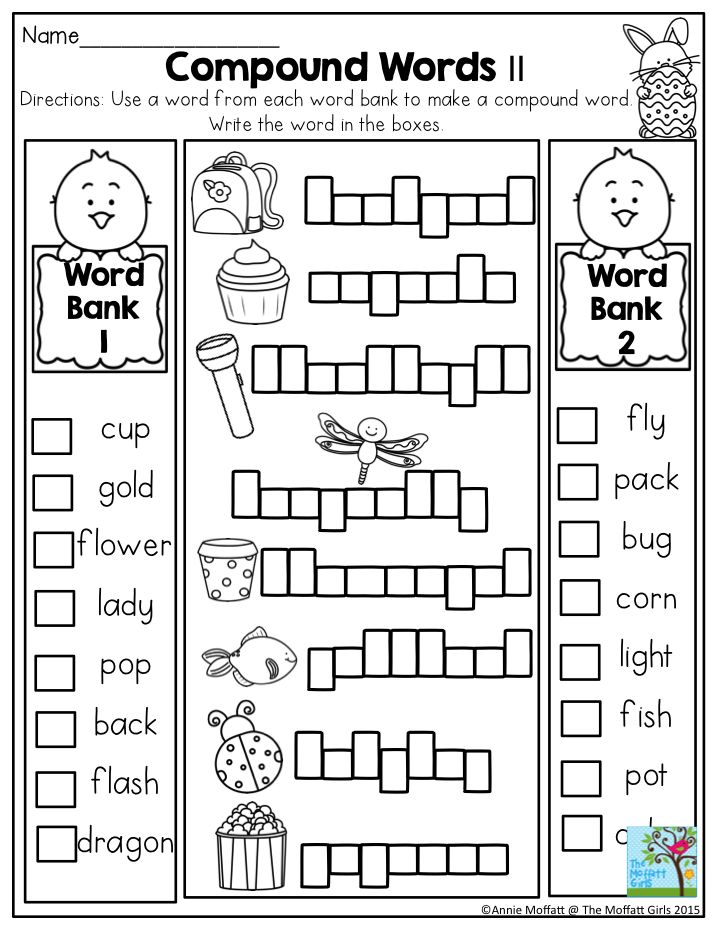
Get acquainted with local masters of applied arts, watch their work, participate in conversations “Beautiful and ugly deeds”, “What makes people around us beautiful”, etc., discuss read books, feature films, performances, television programs, computer games on the subject of their ethical and aesthetic content.
They gain experience of self-realization in various types of creative activity, develop the ability to express themselves in accessible types and forms of artistic creativity in art classes and in the system of additional education institutions.
Participate together with their parents in holding exhibitions of family art, musical evenings, in excursion and local history activities, in the implementation of cultural and leisure programs, including visits to objects of artistic culture with the subsequent presentation in an educational institution of their impressions and creative works created based on excursions .
participate in decorating the classroom and the lyceum, landscaping the school grounds, and strive to bring beauty into home life.
Leading technologies for organizing educational work in the classroom are collective creative activity (KTD), social design, social gaming modeling.
The main forms of work with the class are: collective creative activities, projects, role-playing and business games, socially useful actions, communication trainings, excursions, trips, game and competitive entertainment programs, festivals, fairs, tournaments, competitions, conferences.
The program of education and socialization is implemented through the joint management of lyceum students, their parents and teachers - co-management . For the organization of children's self-government in the classroom, the methodology of I.P. Ivanov "Alternation of creative assignments" (ChTP), which gives every child the opportunity to try their hand and capabilities in various social roles and activities.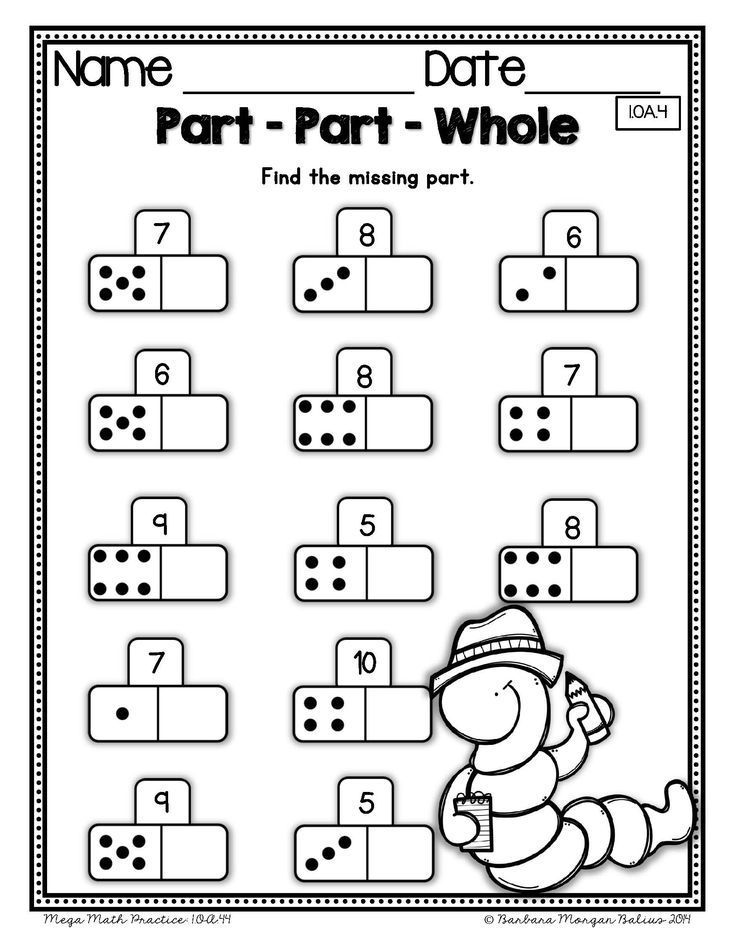
system traditions - established affairs, events, actions leading to the establishment of core values
| Case name | Form | Slogan | Contents | Value-goal that is formed in the course of business |
| Lyceum Day | Solemn meeting, holiday. 1-11 class | Wisdom, friendship, knowledge. "Friends, our union is beautiful!" | Literary and musical composition or performance. Dedication to lyceum students (Grade 1). Initiation into the Lyceum Brotherhood (grade 8) Alumni Reunion Day
| Preservation of Pushkin's traditions. |
| Clean City | Labor and environmental action 5-11 grades | Lyceum - our home | Joint work of children, teachers to improve the school and school territory | Social significance and the possibility of achieving collective results. |
| Theater Day | Visit to the Drama Theatre. 8-11 grade
Visit to a musical performance, concert of the Nizhny Novgorod Philharmonic 1-7 grades | Theater - school of life | Meetings with drama actors, director, discussion of the performance at literature lessons | Formation of theatrical and scenic culture. Preservation of Pushkin traditions |
| Presidential elections " Lyceum Brotherhood" Conference | Elections and Conferences of the PEO Lyceum: "Star Commonwealth", Council of Senior Students "Lyceum Brotherhood"
| We have the right Let's get acquainted - this is Us | Conducting election campaigning, holding elections to the Council of High School Students, electing the President of the "Lyceum Brotherhood" Presentation of the assets of the kindergarten and the President Presentation of the awards of the competition "Class of the Year" | Formation of an active conscious legal position, characteristic of a member of civil society. Everyone's responsibility for the overall result. |
| Mother's Day | Holiday, concert 1.5, 8 grades | Our achievements are the merit of the family Mother cult | Joint creative activities of children, teachers and parents | Forming a community of class teams Promotion of family values |
| Lyceum NPK "Opening" Lyceum Conference "I am a researcher" | Scientific and practical conference 8-11 grades
Conference of researchers 1-7 grades | "Wisdom, friendship, knowledge" | Grand opening: literary and musical composition or performance Section work: defense of scientific and practical works. | The value of intellectual and creative activity. |
| Youth Forum
Reference point | Solemn presentation of awards in nominations | Everyone's success is significant for the lyceum Your success now is the beginning of your future takeoff | Rewarding with lyceum diplomas "Olympic of the Year", "Promotion", "Vector of success". "Ticket to the Future", "Start in science" "Eureka", "Sons of Russia", "Mentor" - lyceum students and teachers who became winners and laureates of intellectual, sports and creative competitions. | Significance and possibility of achieving personal results in intellectual and creative activity. |
| School of Assets | Departure to nature - a country recreation center. Conducting role-playing and business games, trainings, station games, contests. sports programs. | We work together, we rest together | Joint trips of children and teachers, training in interaction skills, leadership skills. Transfer of the attributes of the "Lyceum Brotherhood" to the new composition of the Council of Senior Students | Formation of vertical connections in the lyceum, encouragement of the asset of the preschool educational institution, self-government systems of the lyceum, excellent students, winners of subject Olympiads |
| Legal weeks | Information and promotions | You need to know the law | Information presentations and competitions for high school students for lyceum students of primary and secondary classes on the content of fundamental laws (Constitution, Declaration of Human Rights, Convention on the Rights of the Child, Charter of the Lyceum) Participation in the city game "With the law on" You " | Formation of civic values. |
| HLS shares: Dance for life, Parade of Champions, Health Day, Olympic Health Day, Fun starts, lyceum championships | Promotions and promotions Sports holidays
Sports competitions | We are for a healthy lifestyle.
Higher, stronger, faster | Visual agitation contests grades 8-11, Dance marathon grades 1-11 Sports holidays Games by stations. 1-11 grades Team competitions, relay races 5-11 classes "Dad, mom, I am a sports family" 1-4 grades | Building the value of a healthy lifestyle Honoring the best athletes Promotion of family values |
| Memorial meeting | Labor and patriotic action | Nobody is forgotten, nothing is forgotten | School-wide collection of waste paper using funds for gifts to veterans of the Great Patriotic War, visiting veterans by members of the children's association "Vozhatiy" | Respect for the past of the motherland. |
Learning tools for subject offices
Chemistry Cabinet
Cabinet of Informatics No. 307
9000 9000
Special technical means of teaching collective and persons with restrictions with limited benefits
Material and technical support of the correctional and educational process of children with disabilities and children with disabilities
Expected result:
- Improving the comfort of the educational environment, providing access to low-mobility groups of the population and children with disabilities, children with disabilities.
- Protection of life and strengthening of the physical and psychological health of children.
- Implementation of the full-fledged upbringing, education and development of children in accordance with their individual characteristics, regardless of the material wealth of the family, place of residence, linguistic and cultural environment, ethnicity.
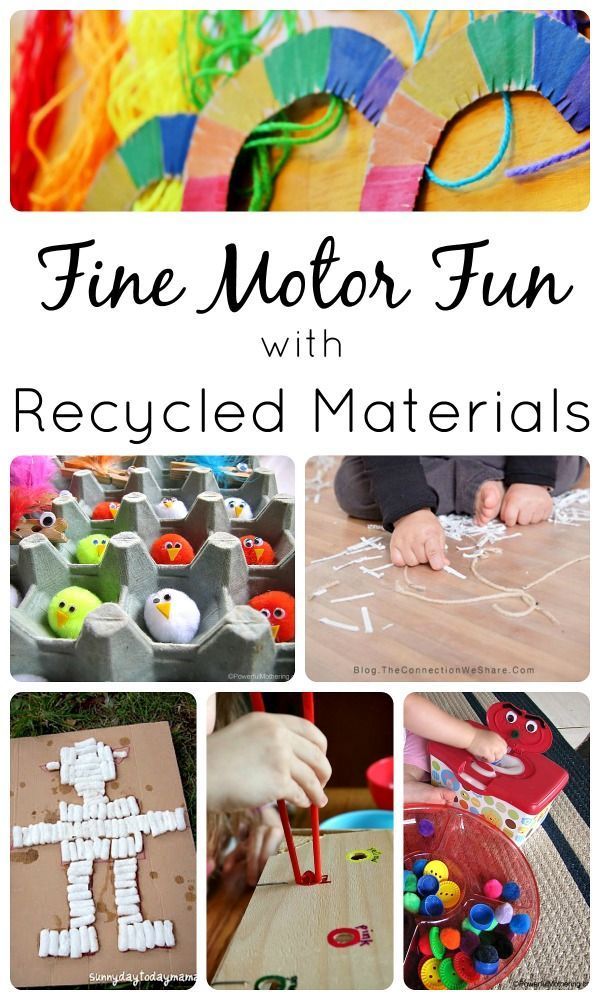
- Ensuring the cognitive, speech, socio-communicative, artistic, aesthetic and physical development of children.
- Creation of conditions to meet the needs of children in movement, improve the systems and functions of the body, increase the body's resistance to adverse factors of the internal and external environment.
- Designing a model of correctional and developmental psychological and pedagogical work that maximizes the creation of conditions for the development of a child with disabilities (severe speech disorders, mental retardation, children with disabilities), his positive socialization, personal development, development of initiative and creative abilities based on cooperation with adults and peers in age-appropriate activities.
- Prevention of secondary developmental disorders and learning difficulties at the initial stage.
- Fulfillment of the requirements of federal state educational standards NOO, LLC, COO in working with children with disabilities and children with disabilities, by improving the system of correctional and developmental education and upbringing, social functioning, an individually differentiated approach that will create conditions for a more harmonious, personal-relevant socialization of the child and equal starting opportunities for further schooling.
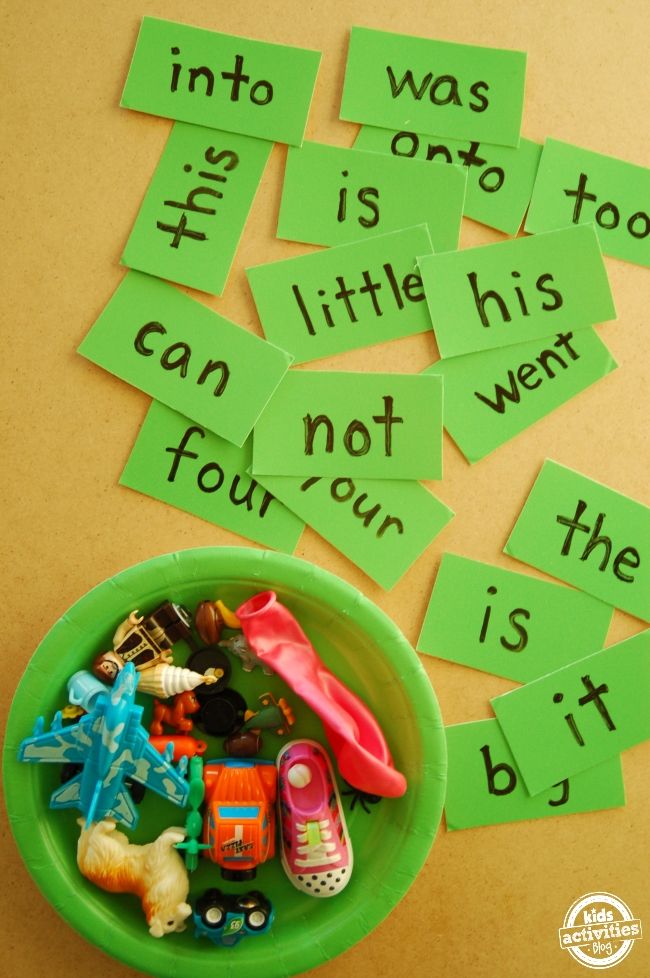
To implement the tasks set, equipment was purchased for the office of a teacher-psychologist (during correctional work with children with disabilities and disabilities, etc.):

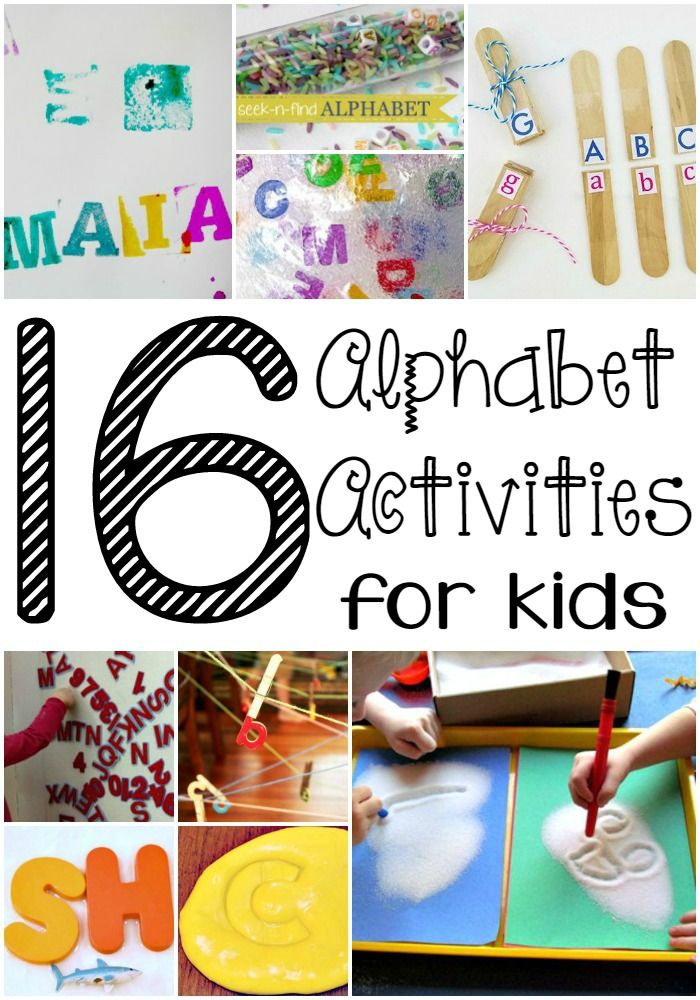
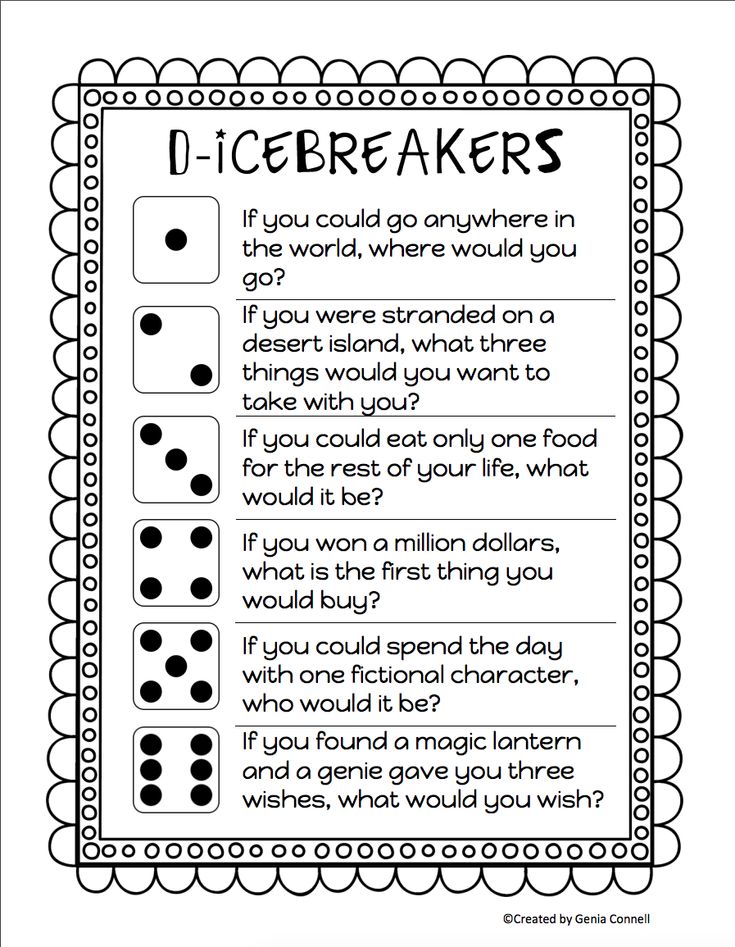
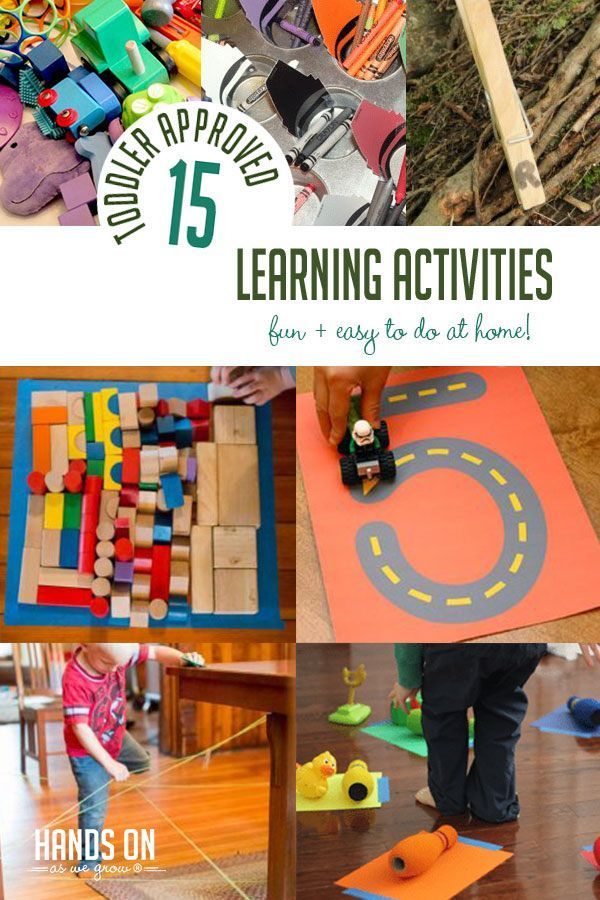 Recognition of the success of each as significant for the entire community, the value of each contribution to the overall development, the formation of lyceum and supralyceum patriotism
Recognition of the success of each as significant for the entire community, the value of each contribution to the overall development, the formation of lyceum and supralyceum patriotism 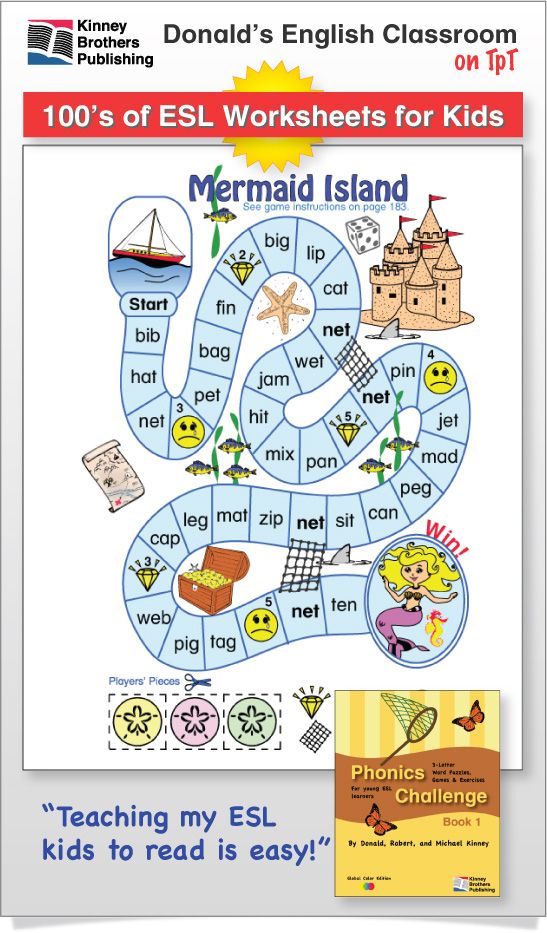
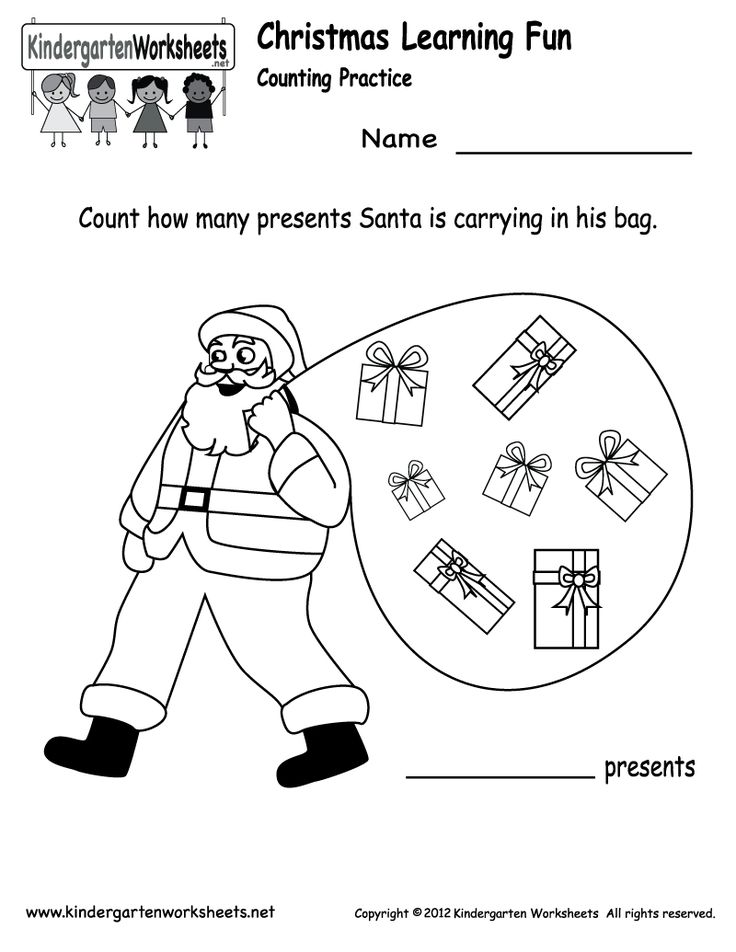
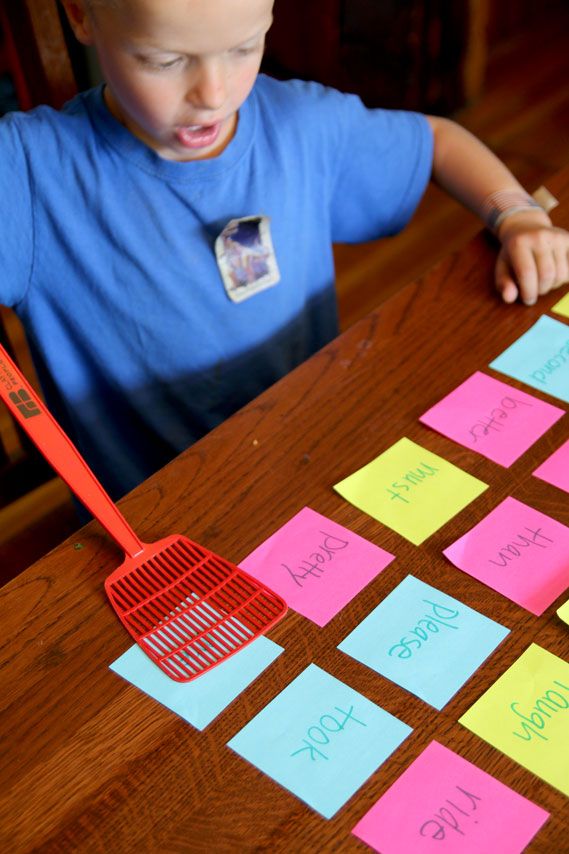
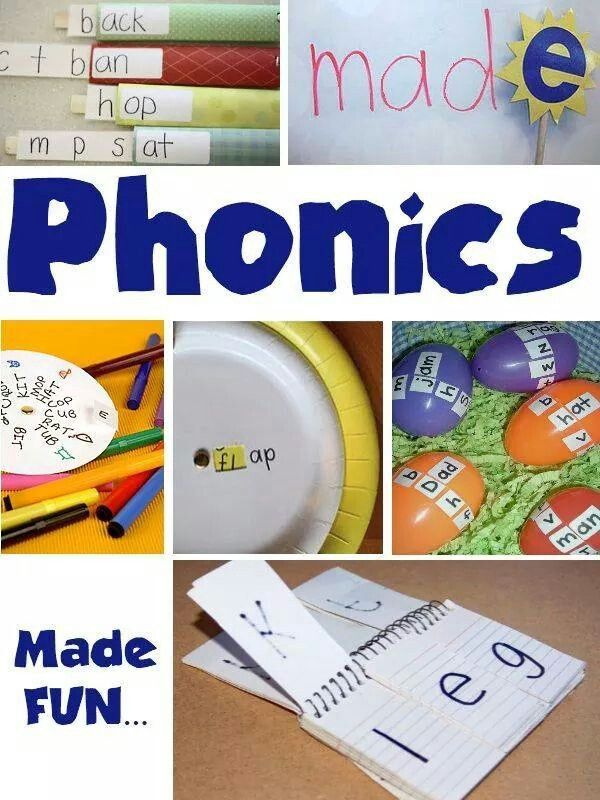
 Formation of right-loyalty.
Formation of right-loyalty. 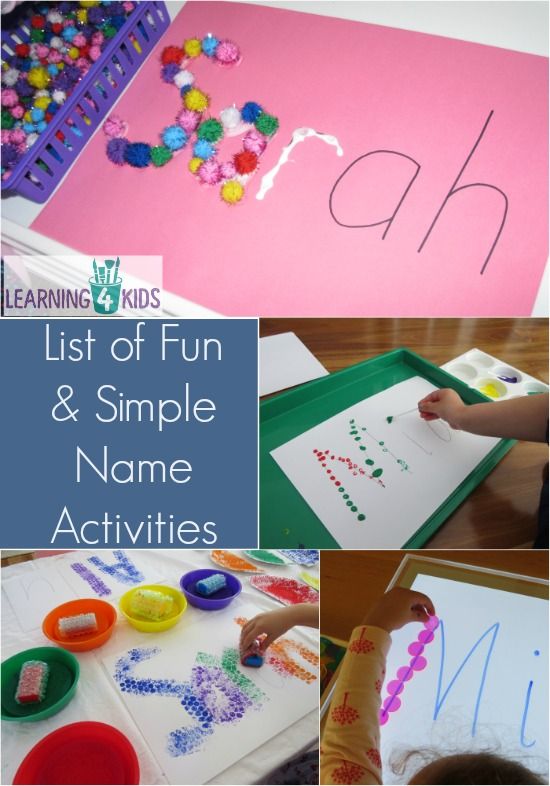 Formation of patriotism. Formation of a respectful attitude towards older people
Formation of patriotism. Formation of a respectful attitude towards older people 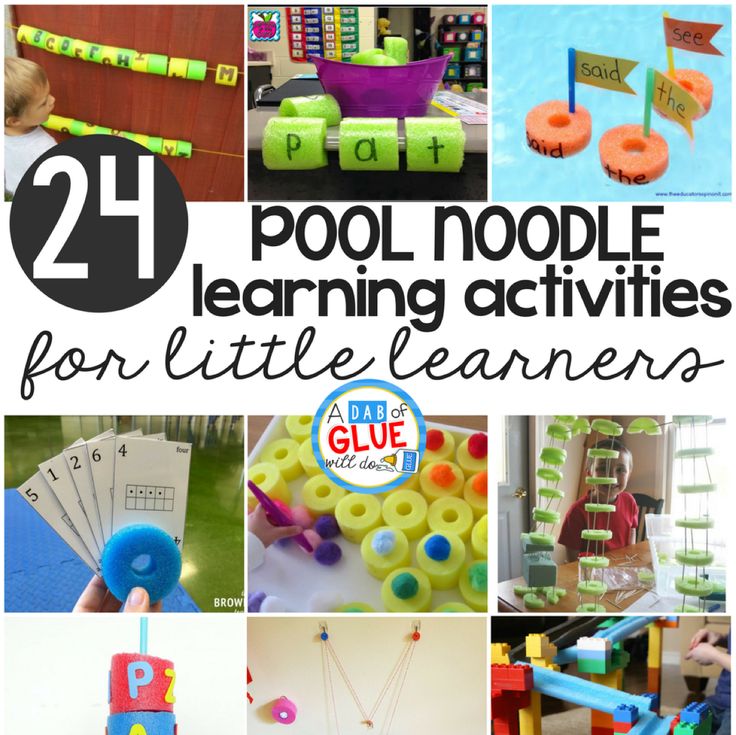 The reading unit must determine the position of the stylus (mouse function) at the moment it is pressed against the screen surface, and ensure the operation of the interactive mode. The diagonal of the active surface is not less than 78'' - the possibility of holding meetings with the participation of remote users using third-party software;
The reading unit must determine the position of the stylus (mouse function) at the moment it is pressed against the screen surface, and ensure the operation of the interactive mode. The diagonal of the active surface is not less than 78'' - the possibility of holding meetings with the participation of remote users using third-party software; 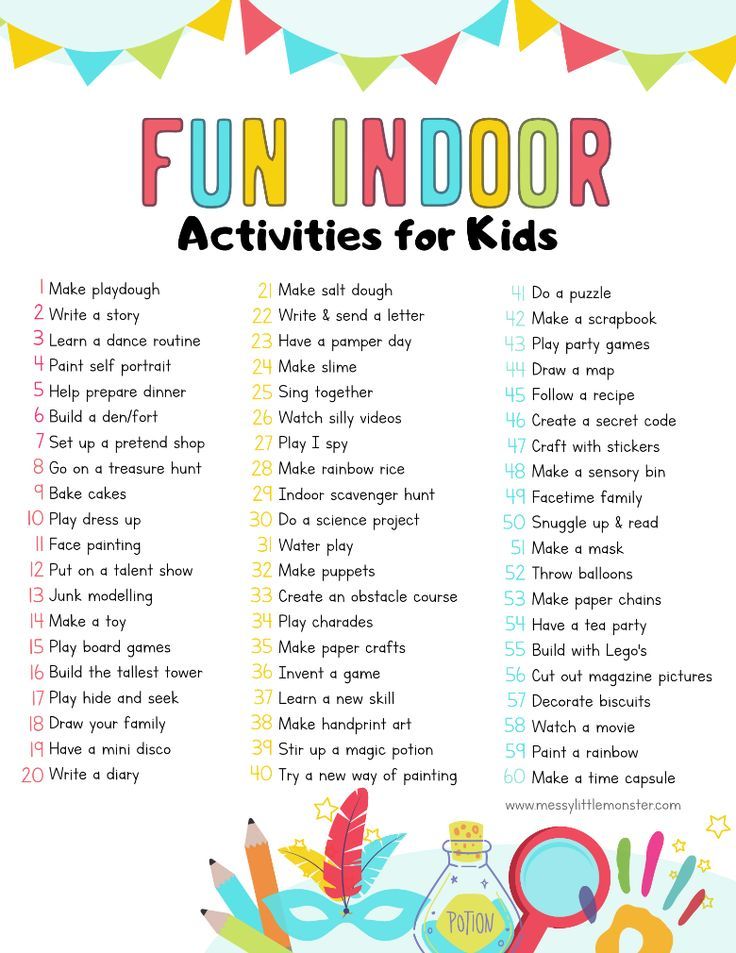 - - gallery of educational materials, including multimedia and Flash animation, lesson templates, ready for use by the user
- - gallery of educational materials, including multimedia and Flash animation, lesson templates, ready for use by the user 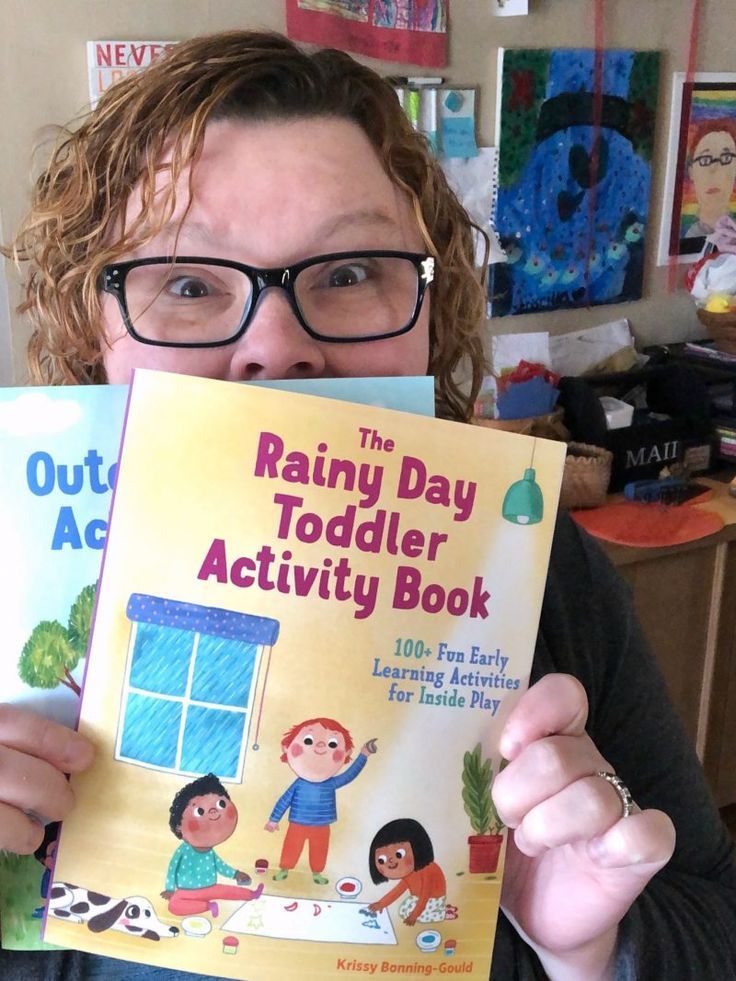 - AC adapter - 2; - replacement tips for the stylus - 4
- AC adapter - 2; - replacement tips for the stylus - 4 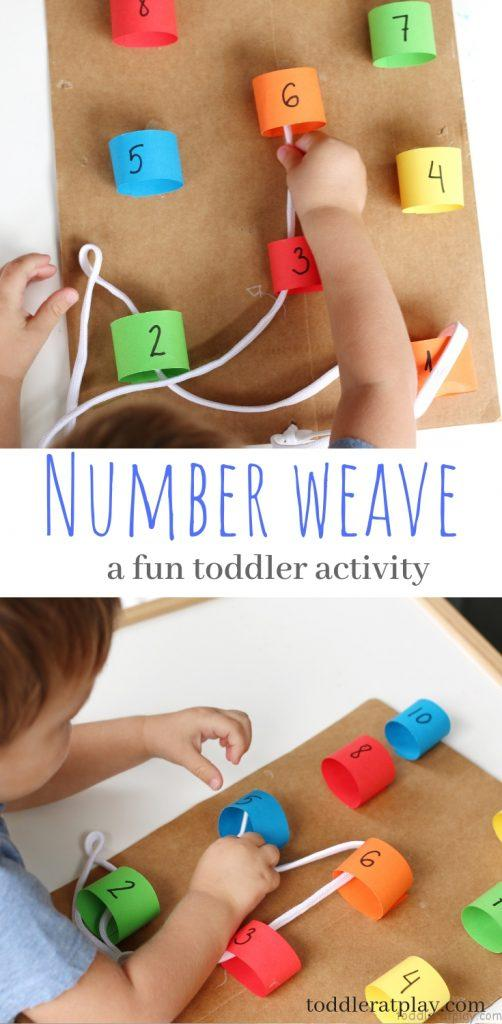 Ability to rotate the image in increments of 90 degrees. Weight no more than 2.5 kg. The minimum size of the coverage area is 40 cm x 30 cm. Possibility of obtaining a still frame of the video and applying annotations to the resulting image. Scope of delivery: Camera with 2 adjustable lamps - 1, microscope adapter - 1, USB connection cable - at least 2 m, software (on CD) - 1.
Ability to rotate the image in increments of 90 degrees. Weight no more than 2.5 kg. The minimum size of the coverage area is 40 cm x 30 cm. Possibility of obtaining a still frame of the video and applying annotations to the resulting image. Scope of delivery: Camera with 2 adjustable lamps - 1, microscope adapter - 1, USB connection cable - at least 2 m, software (on CD) - 1. 